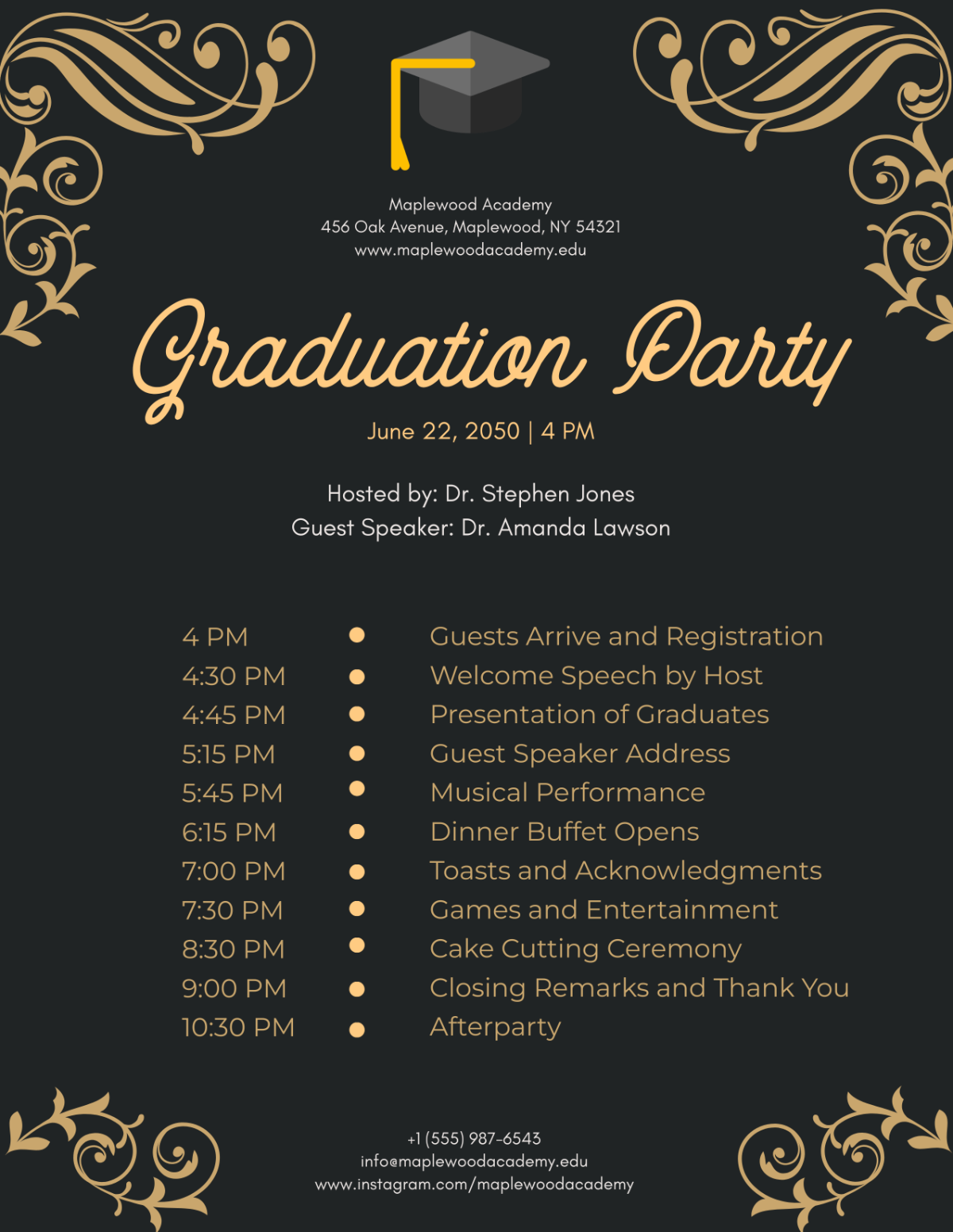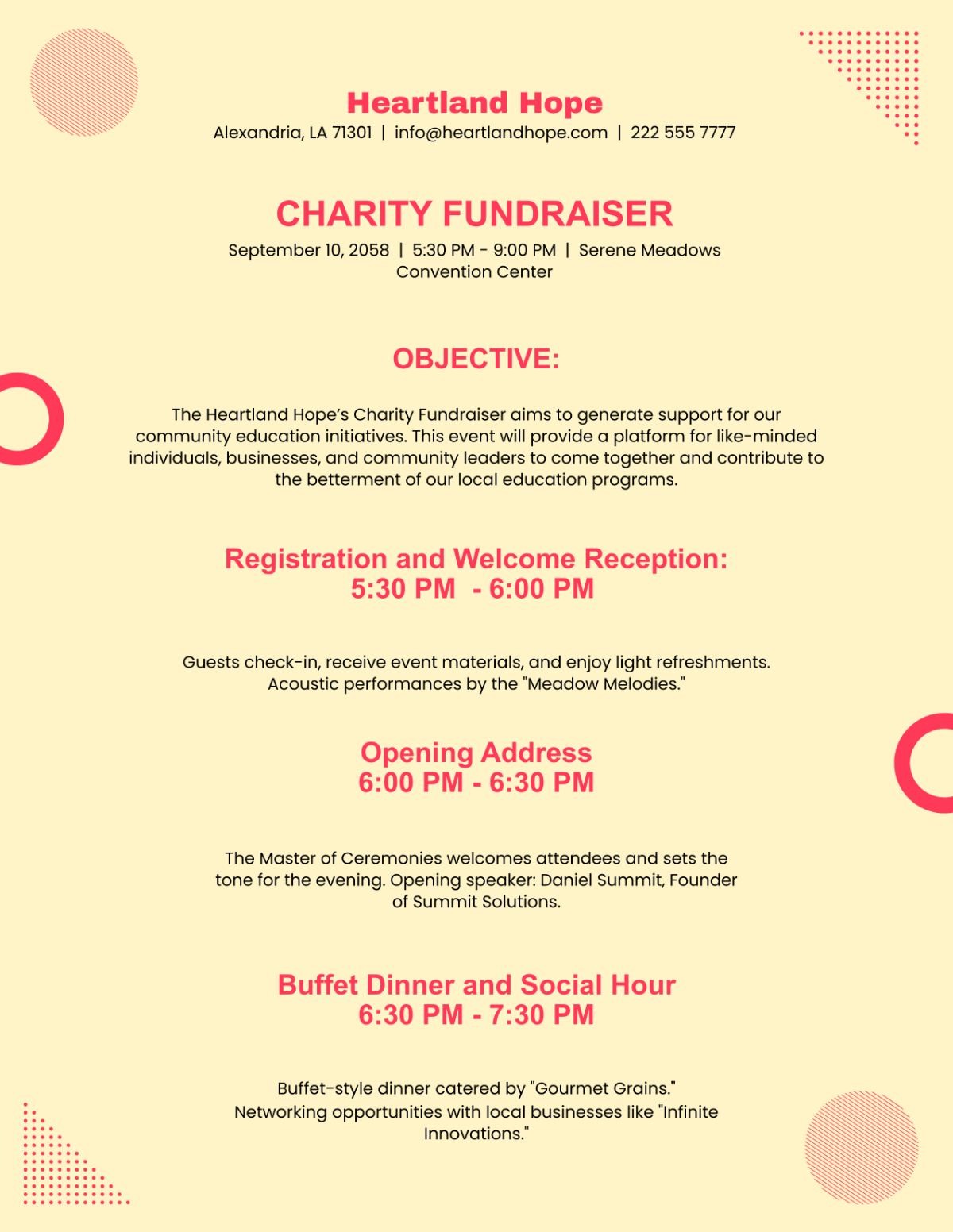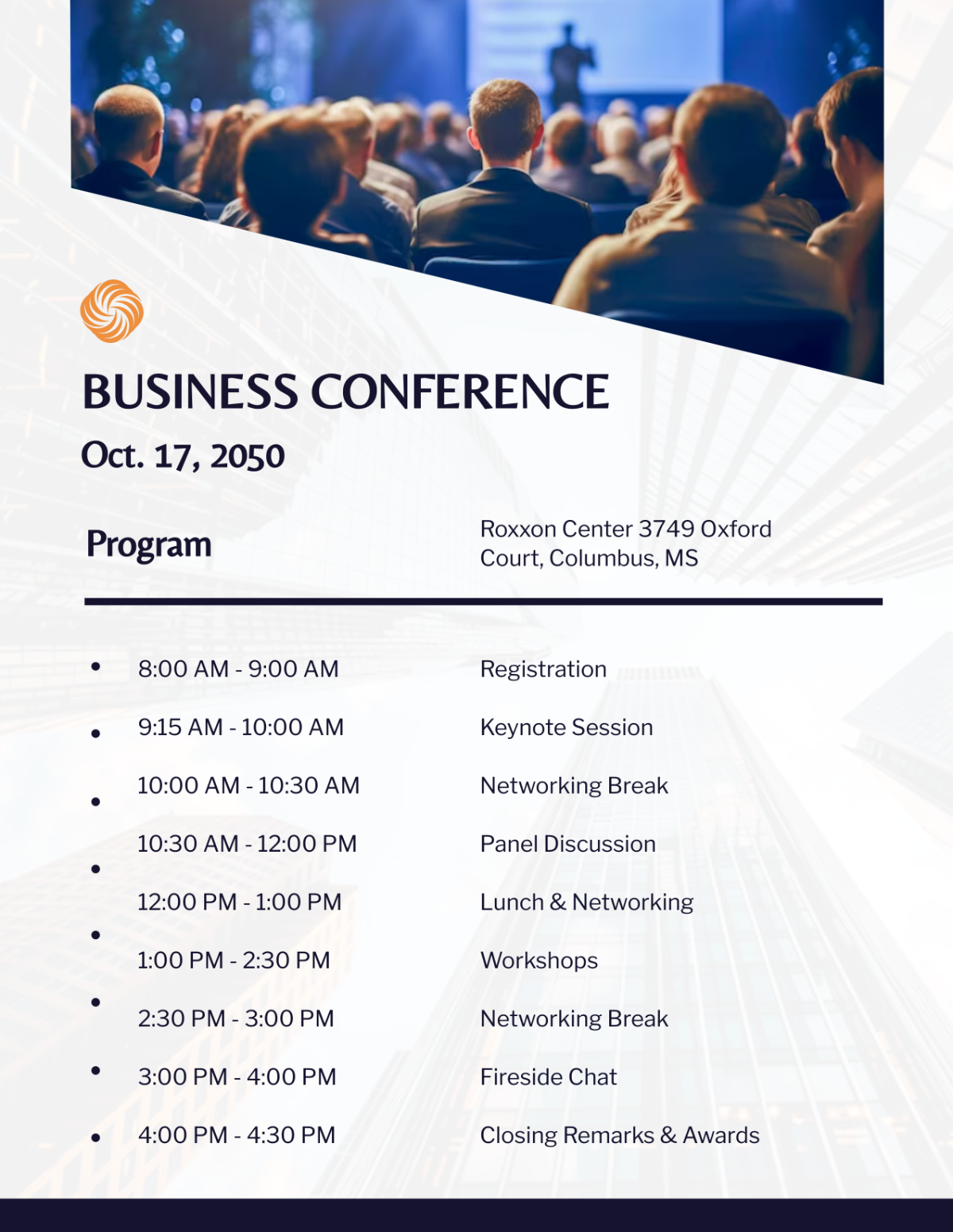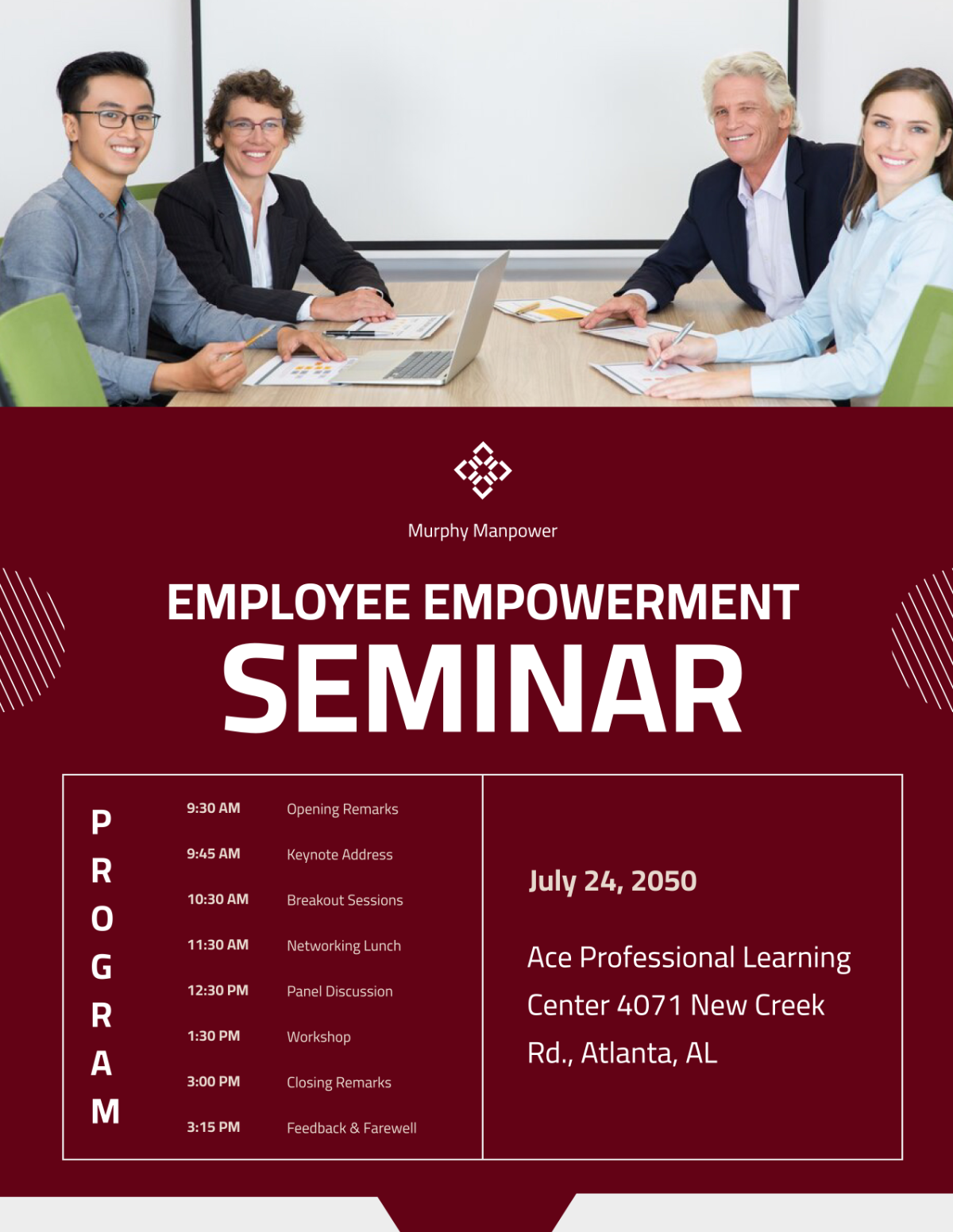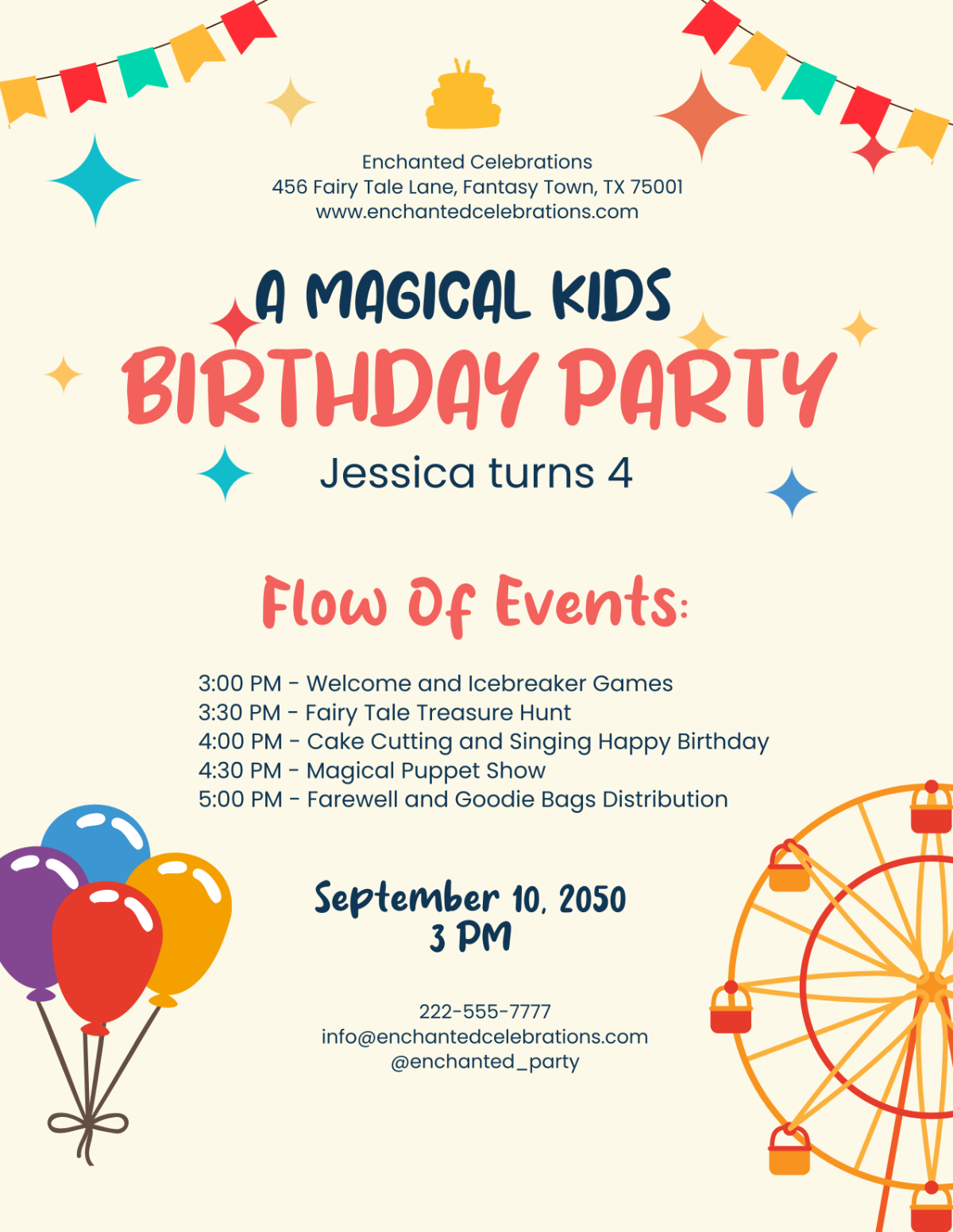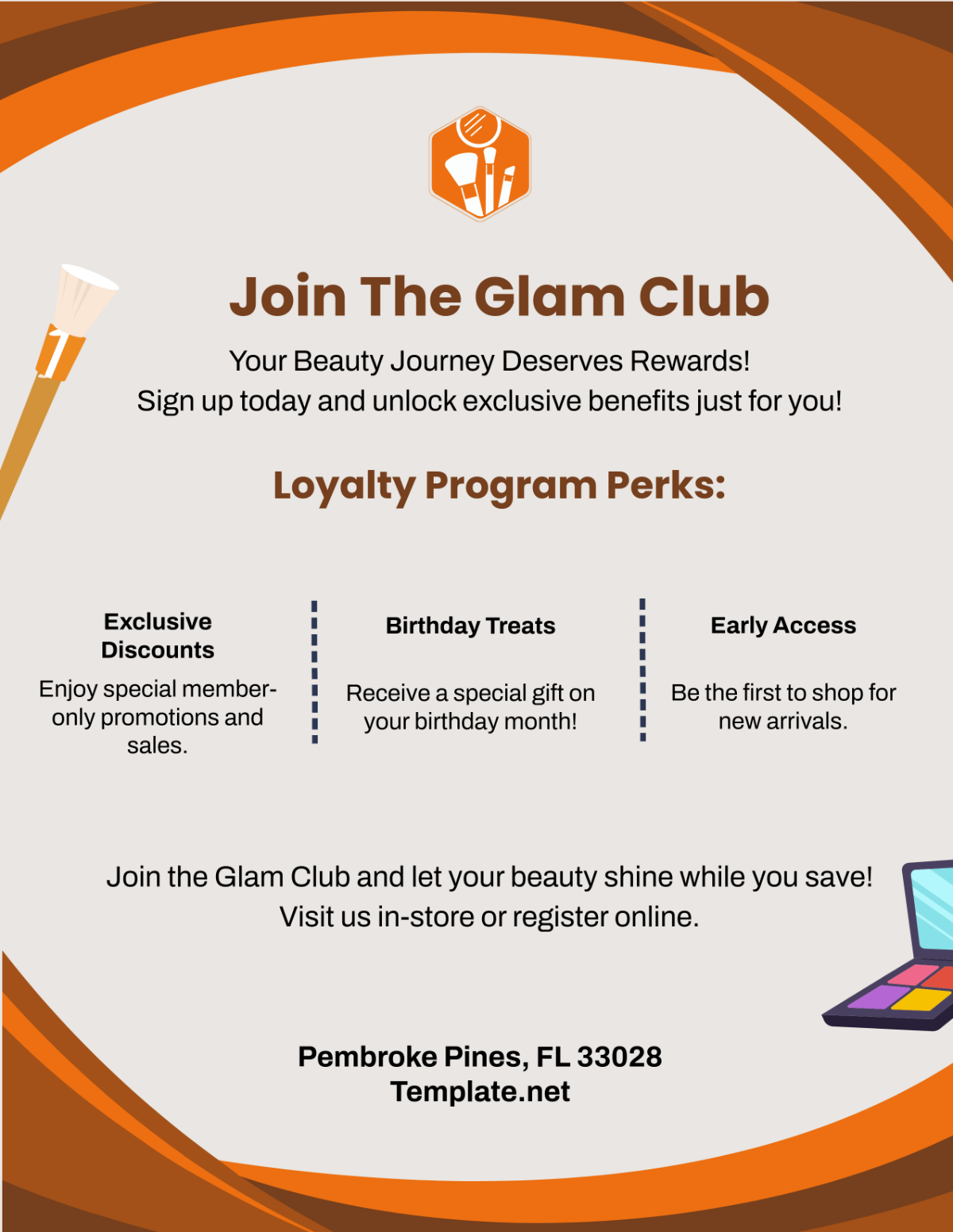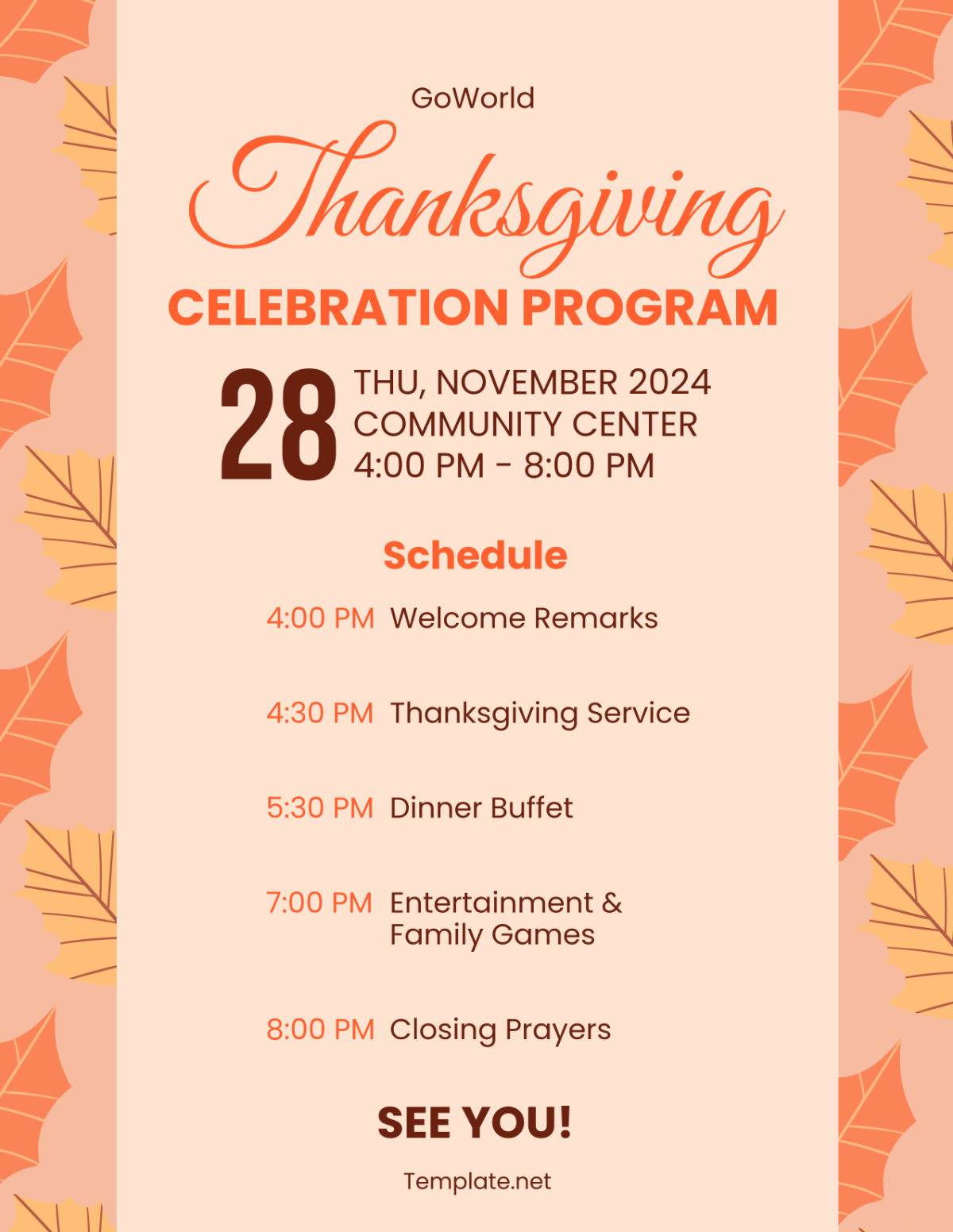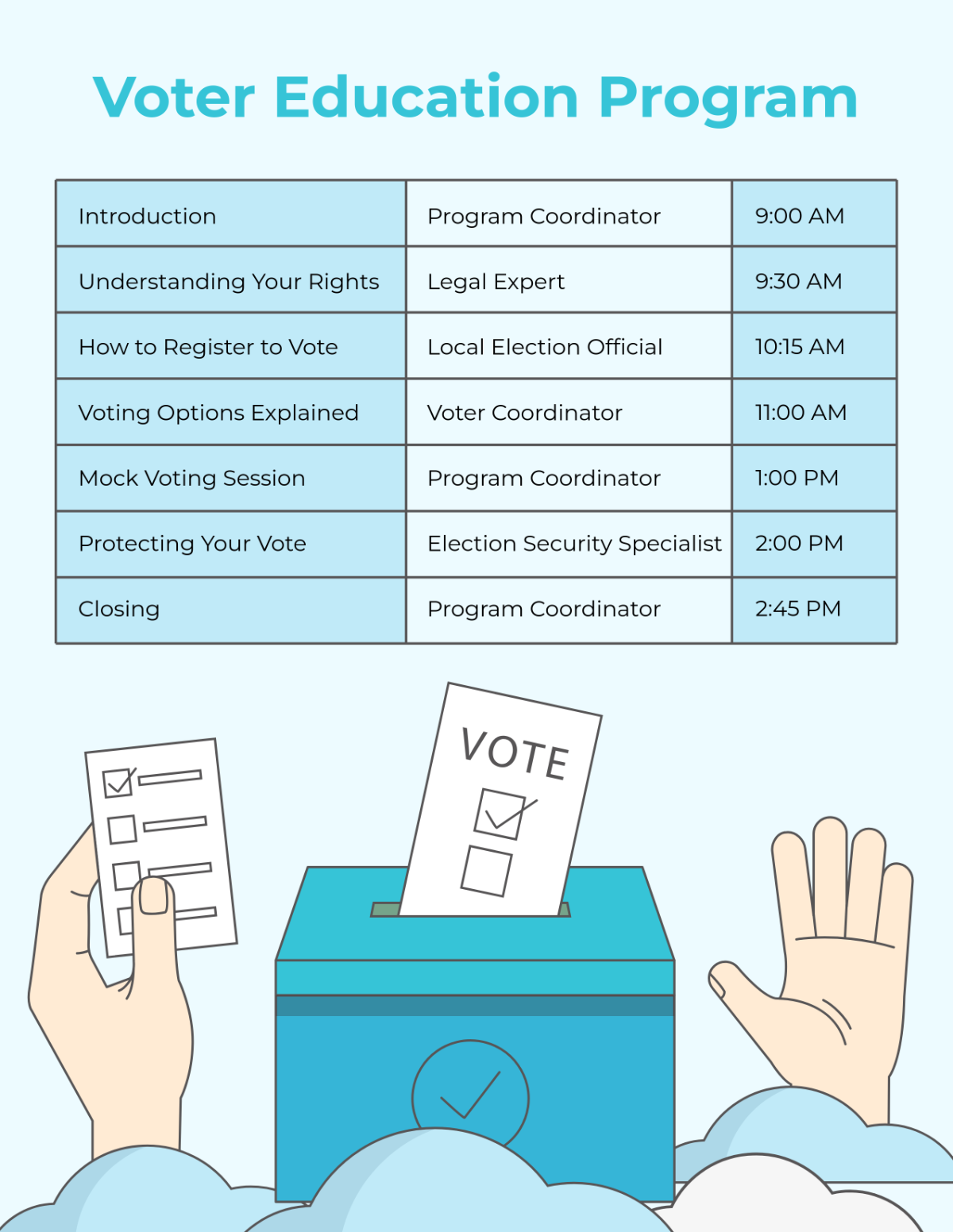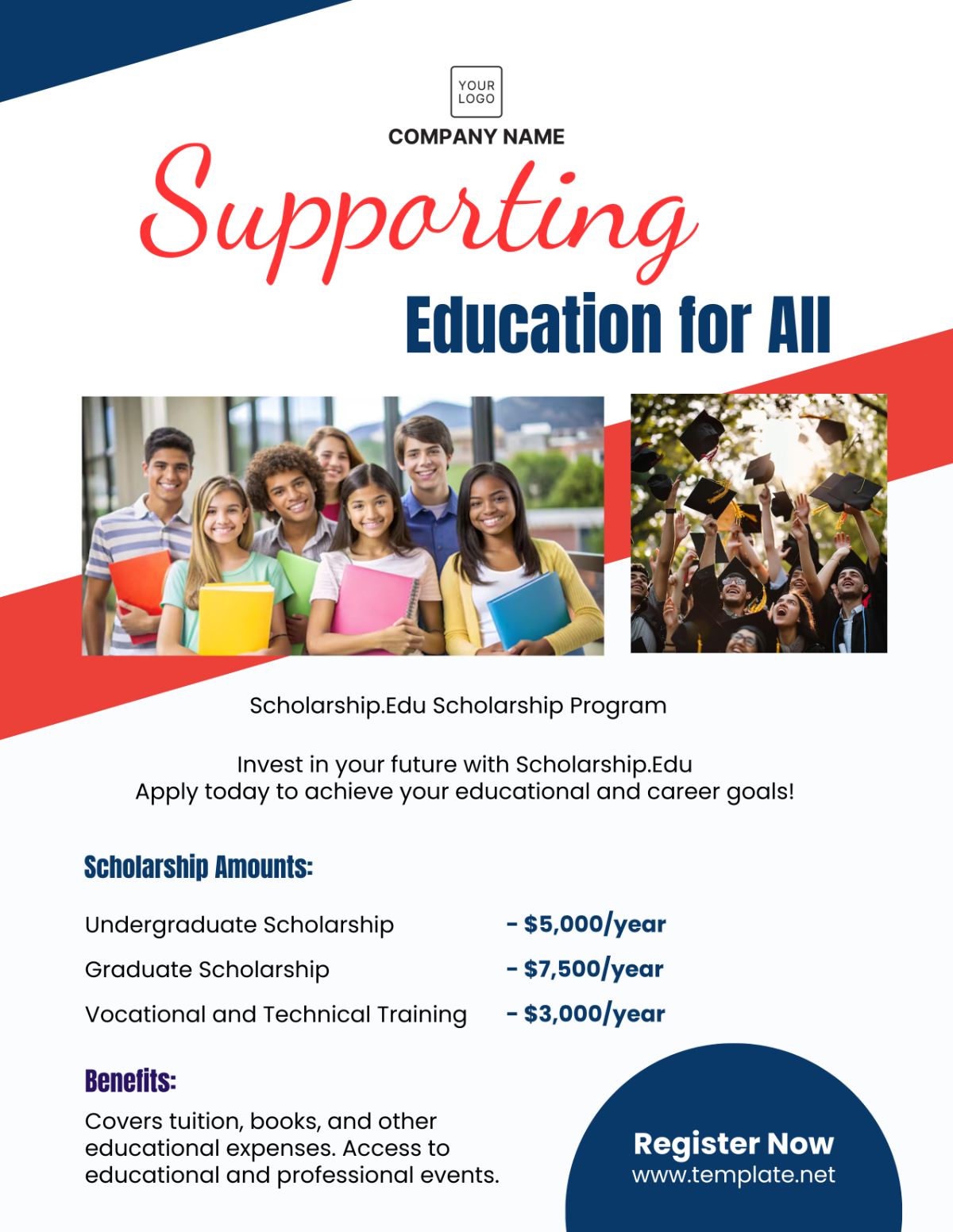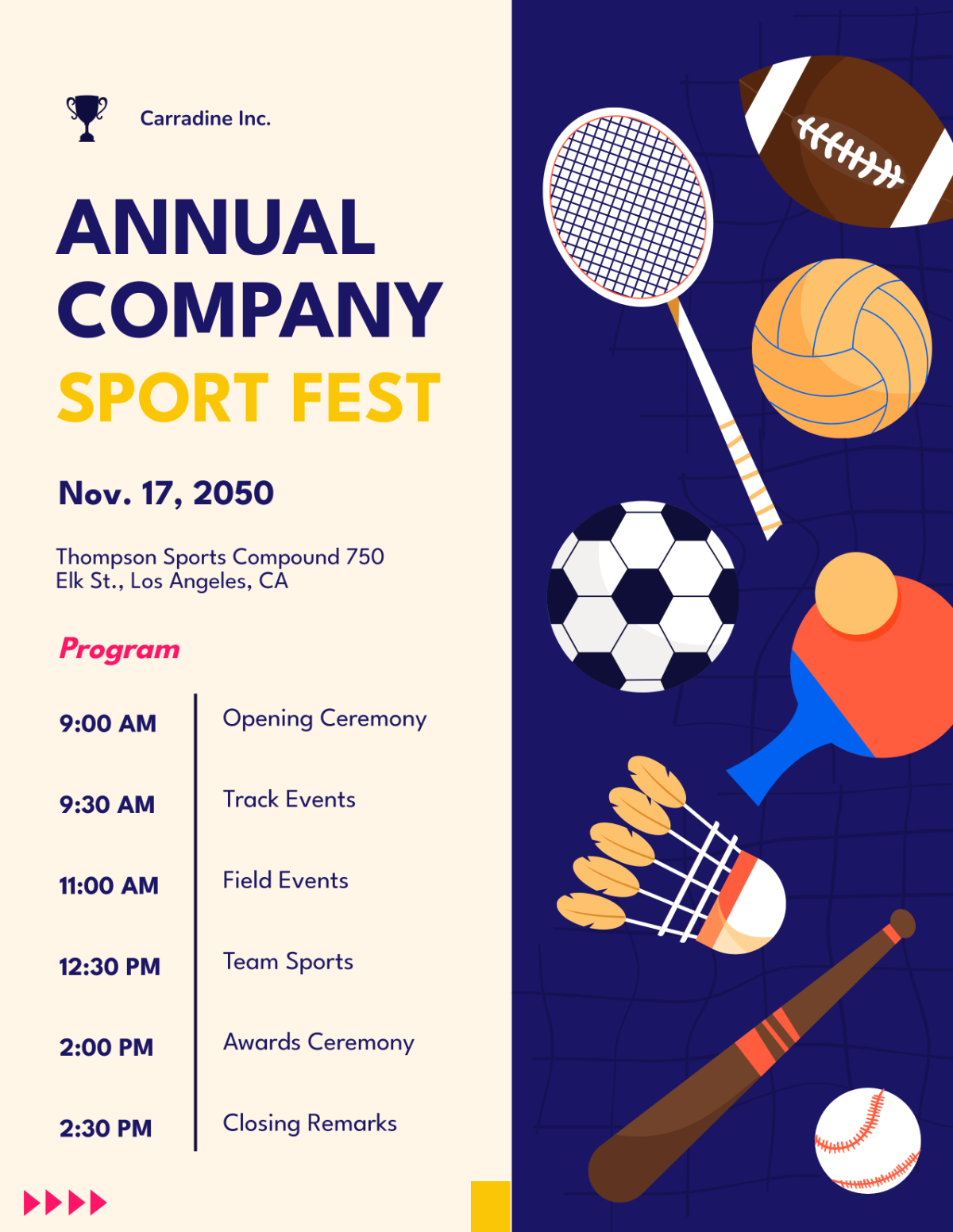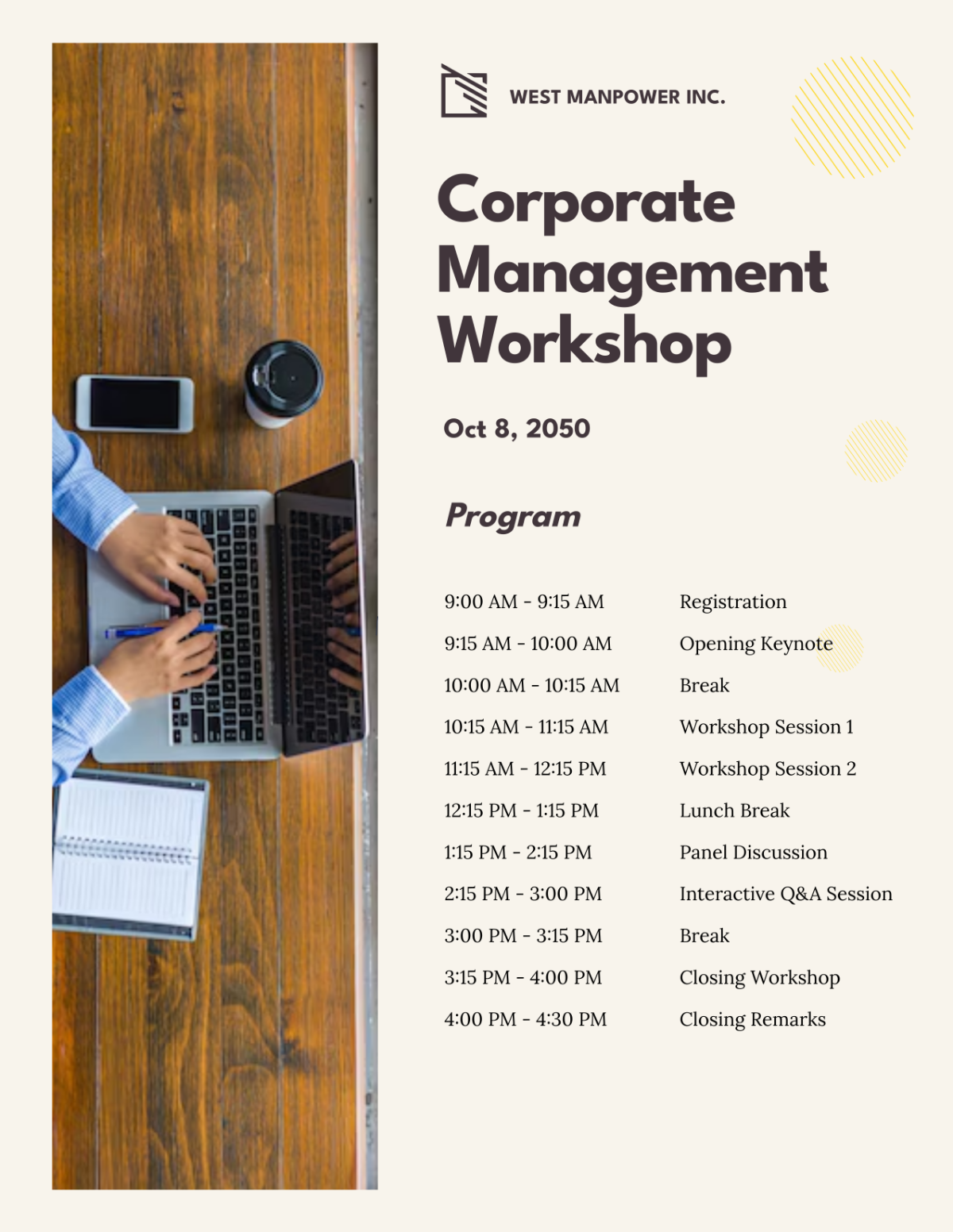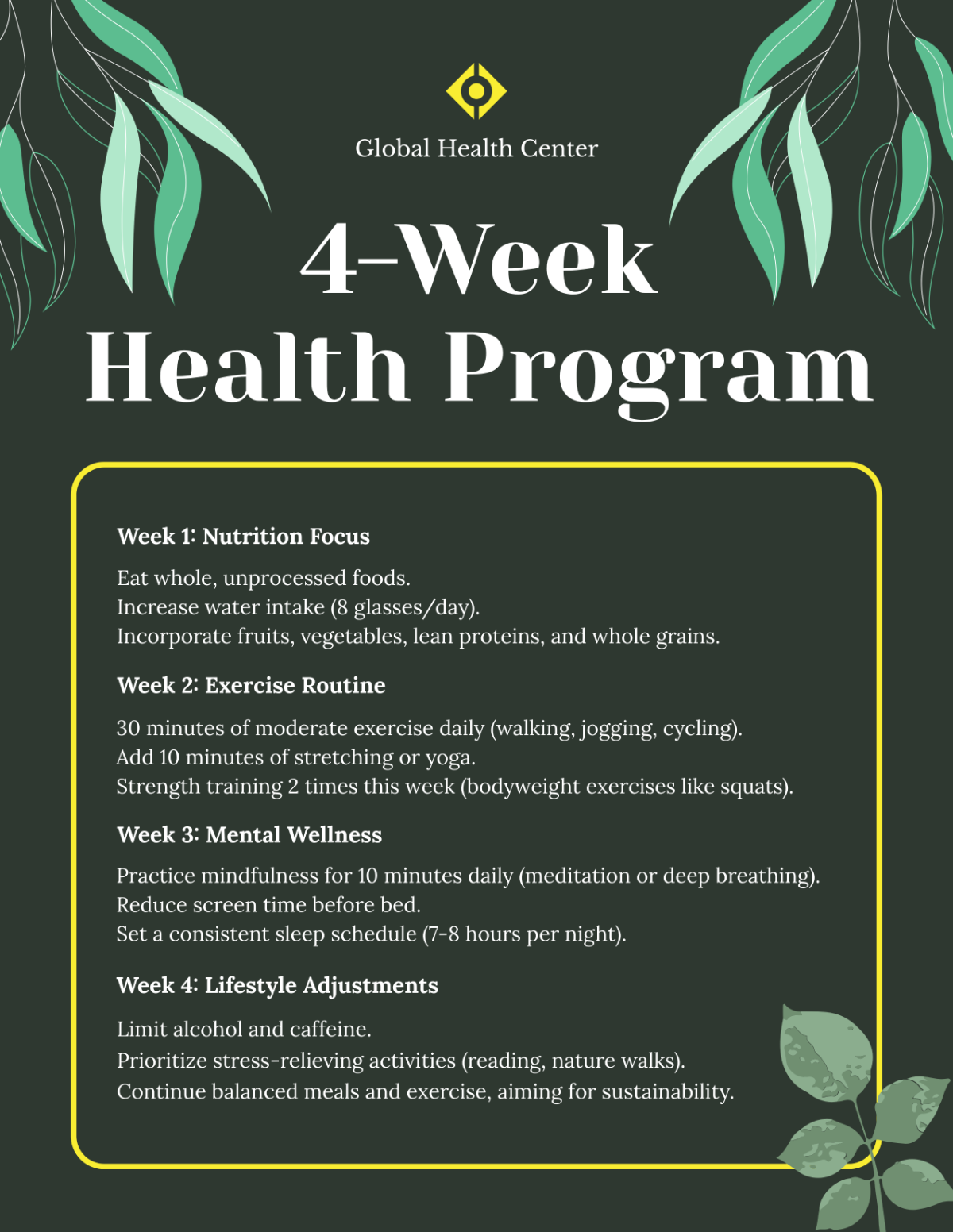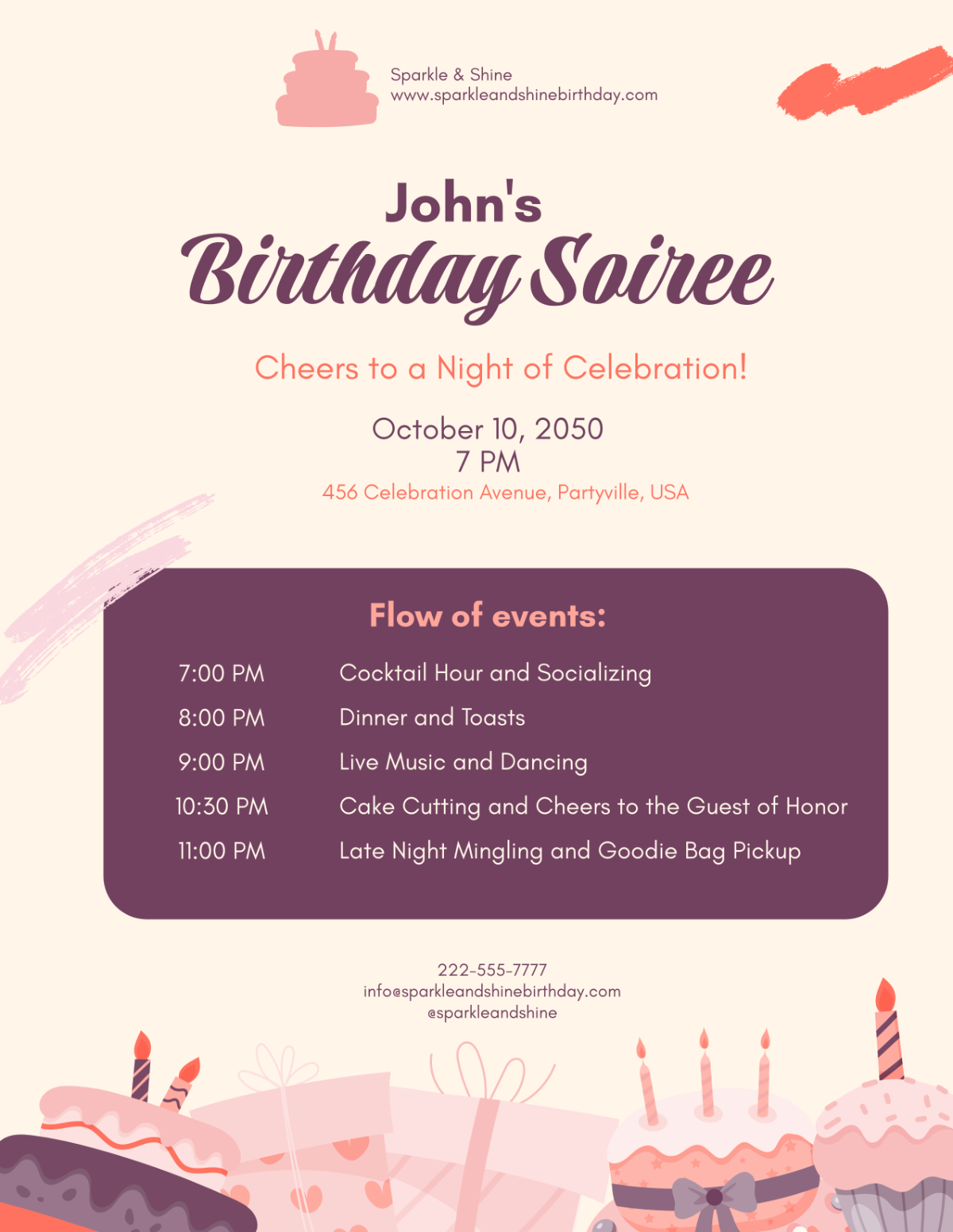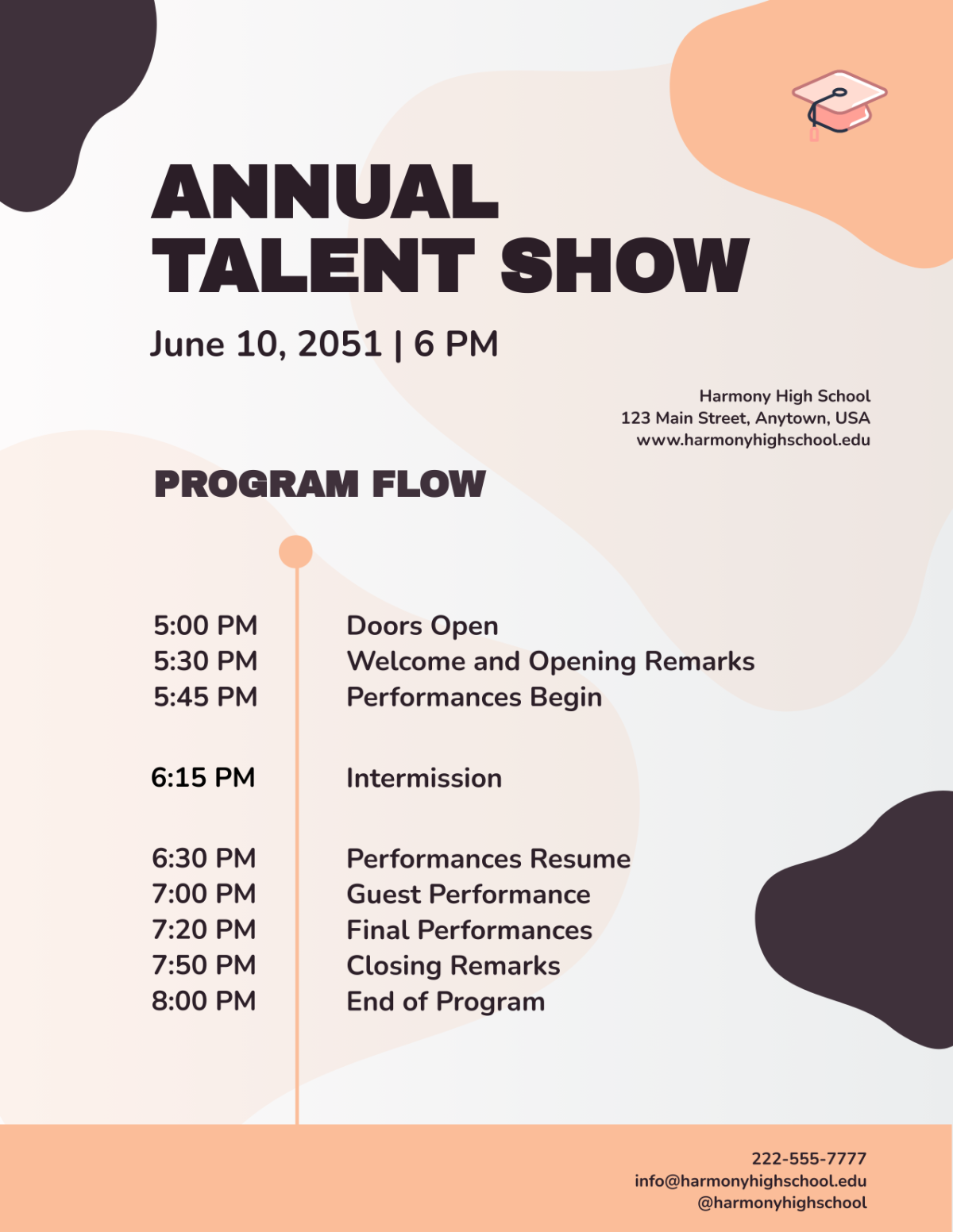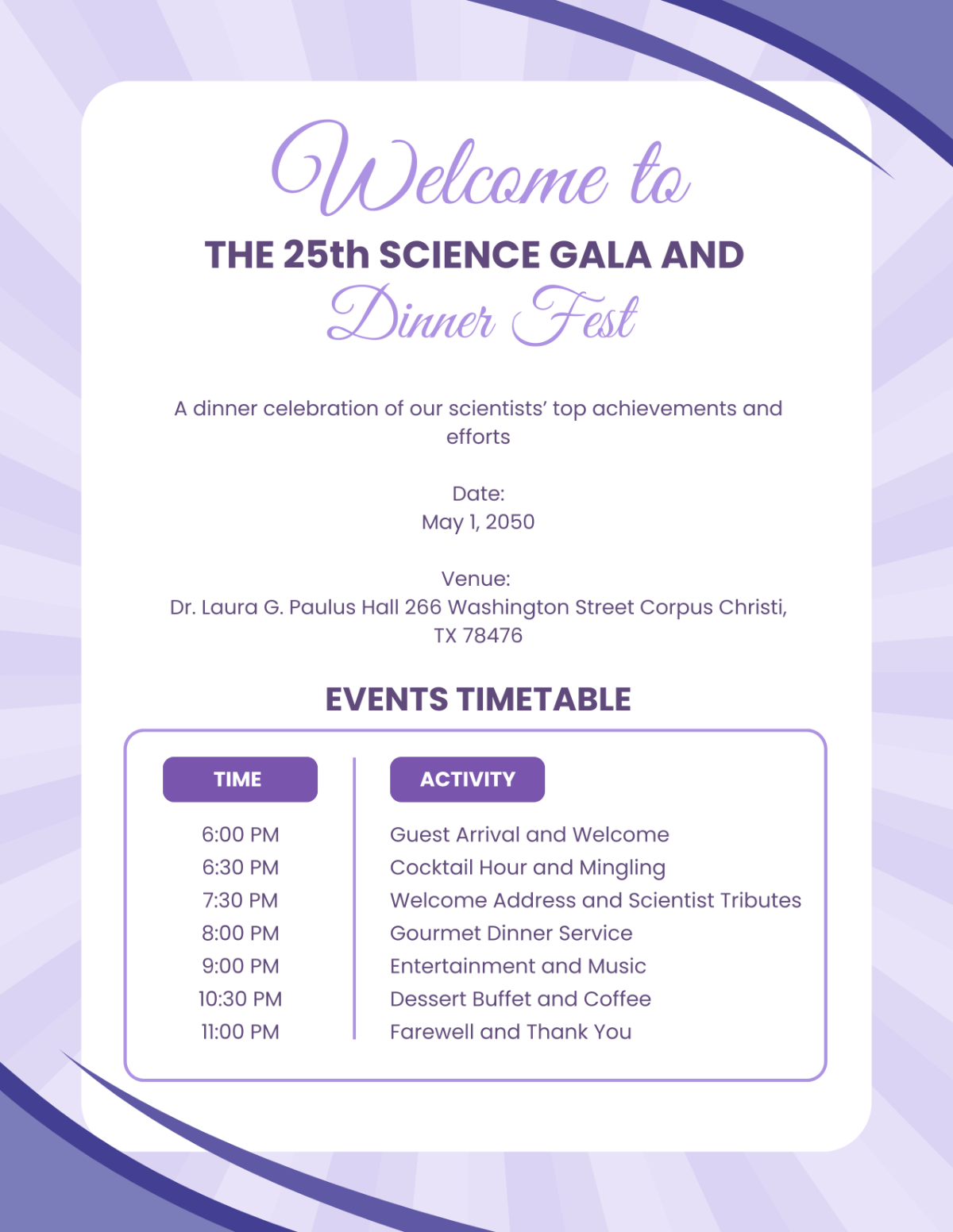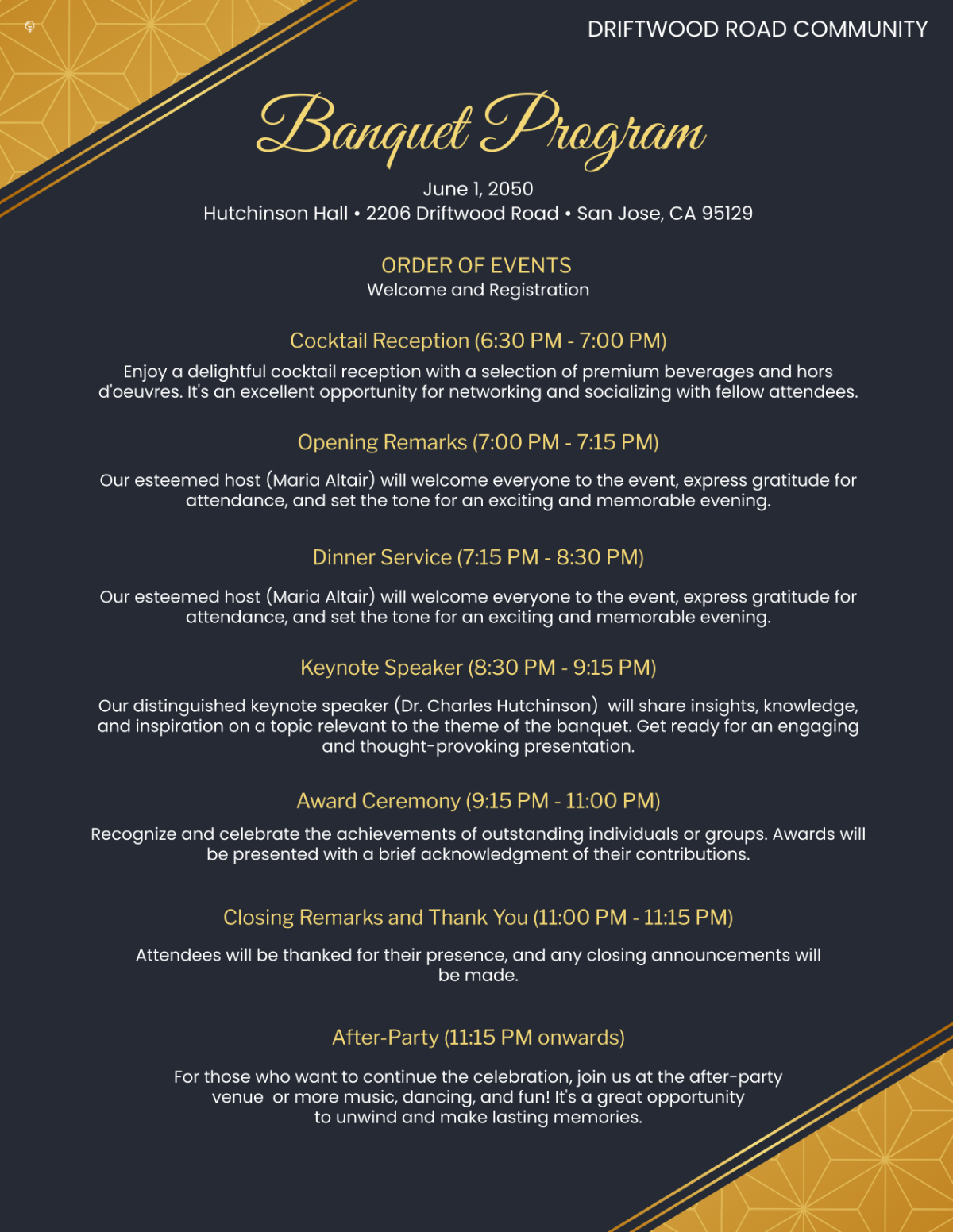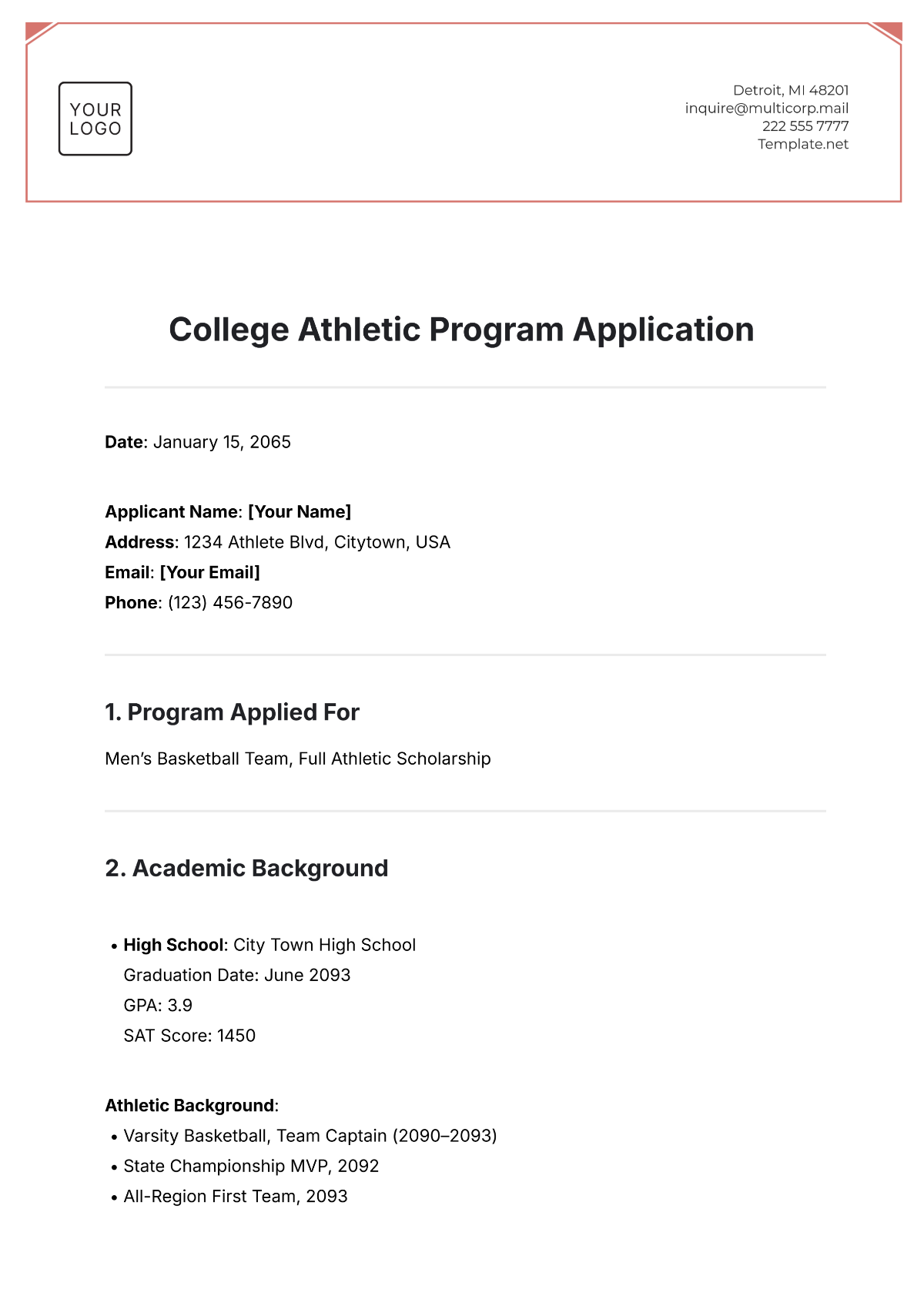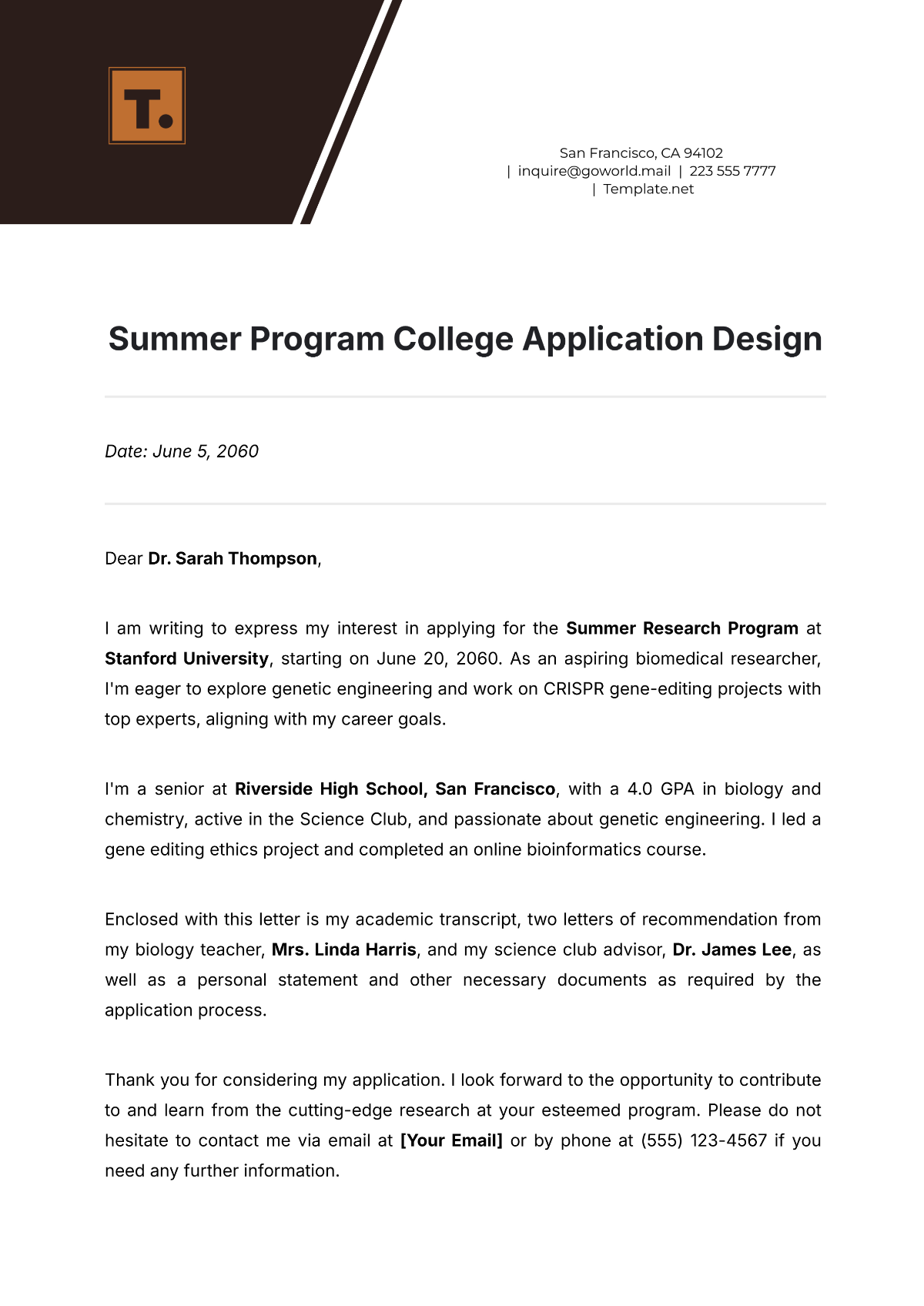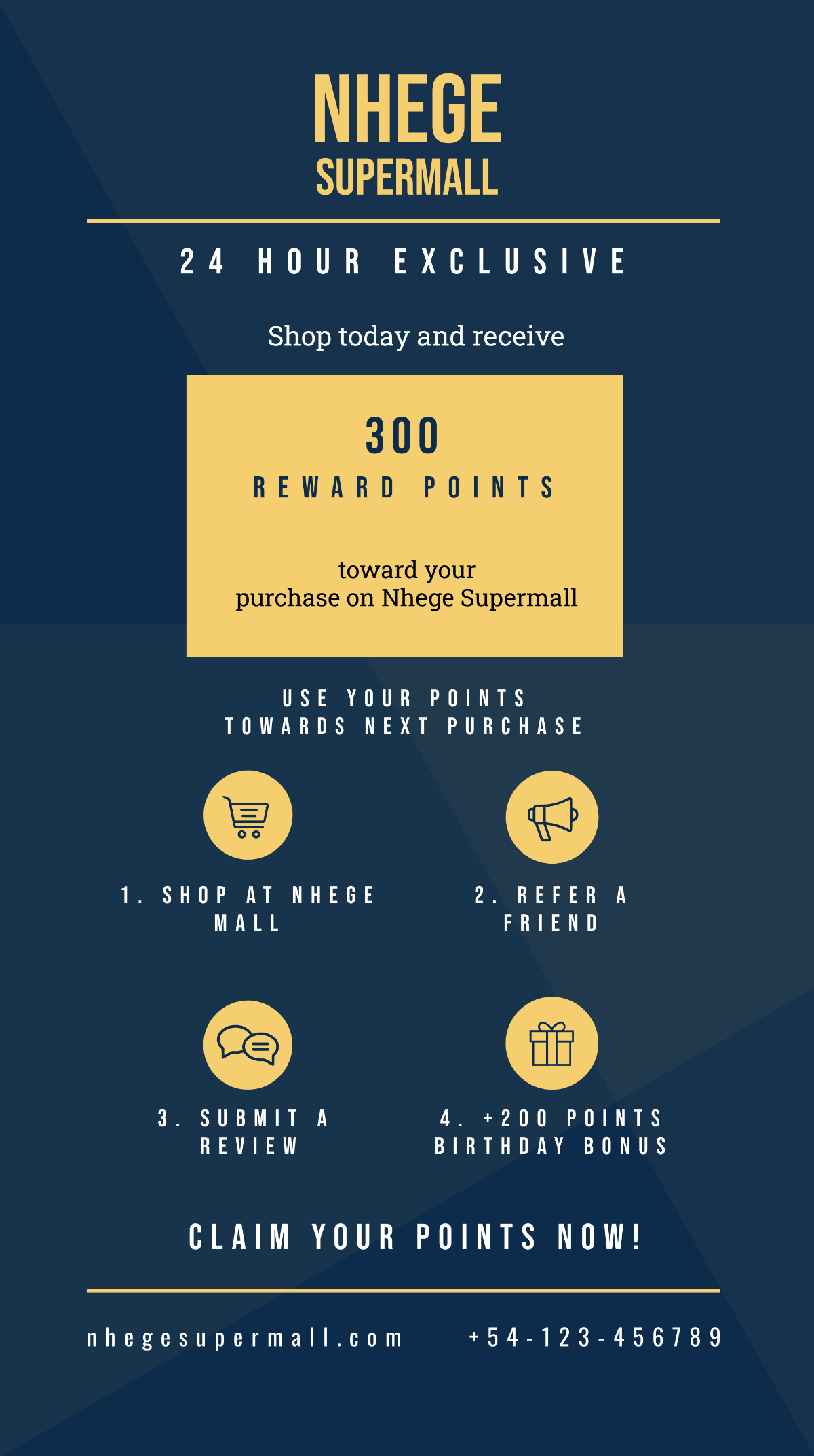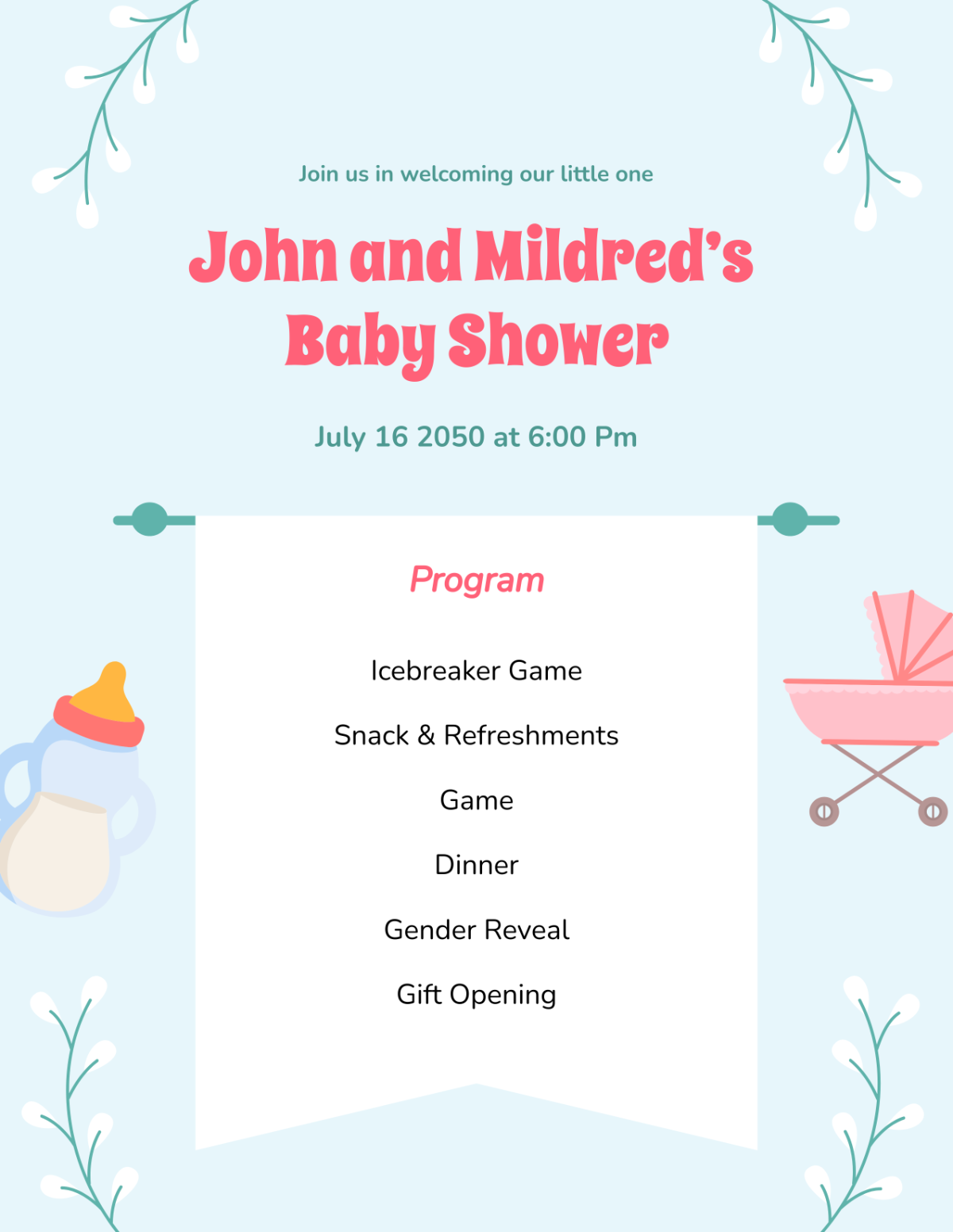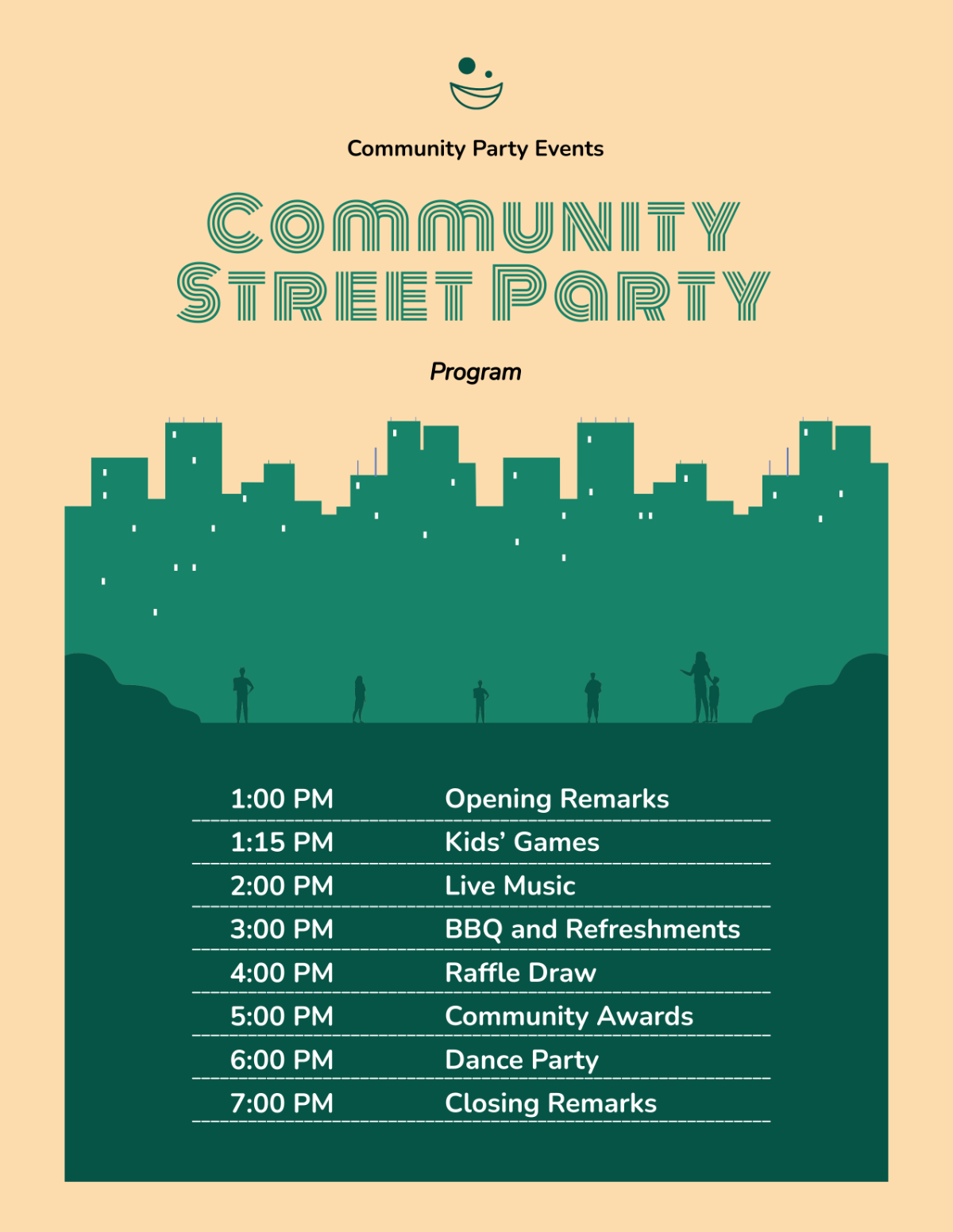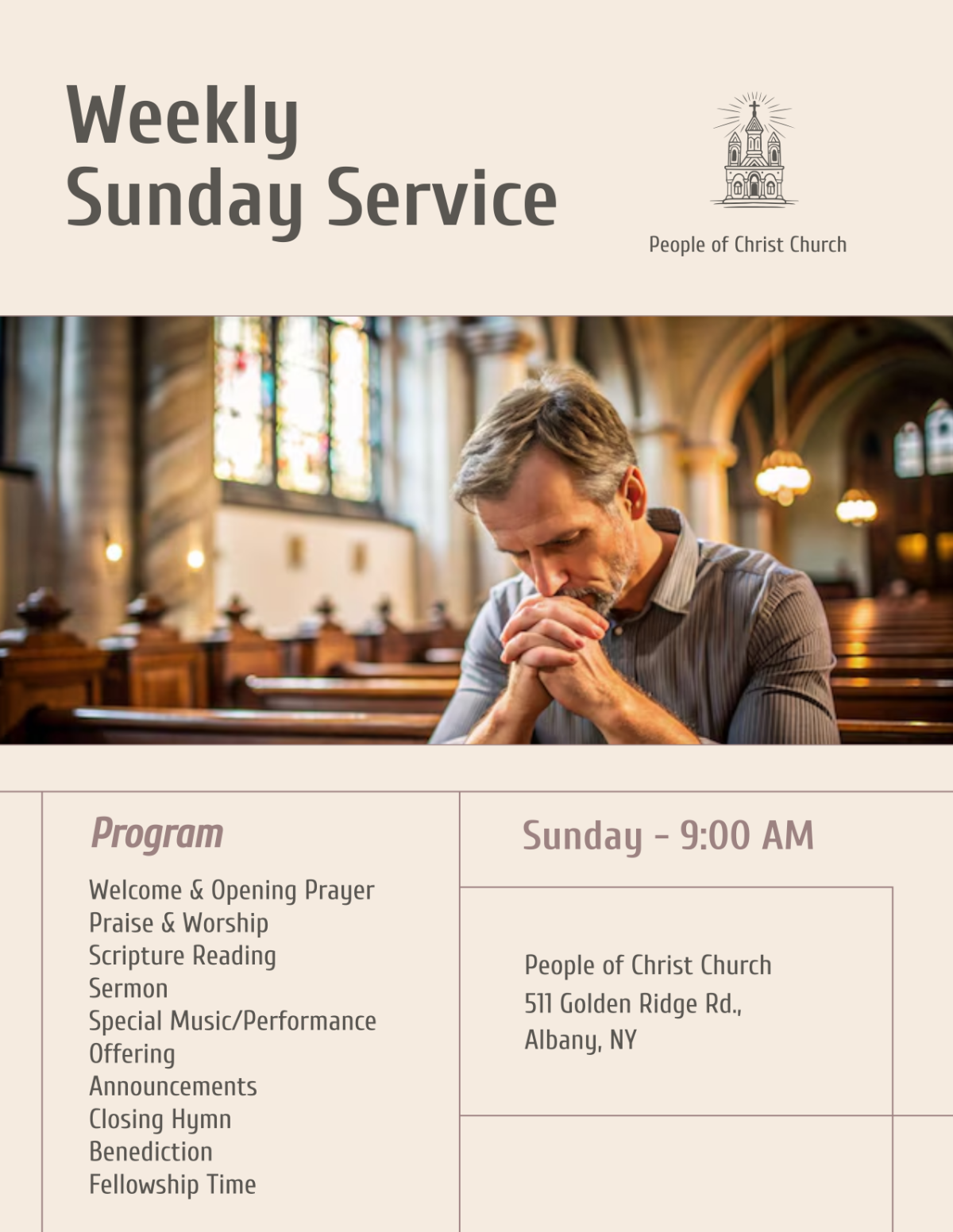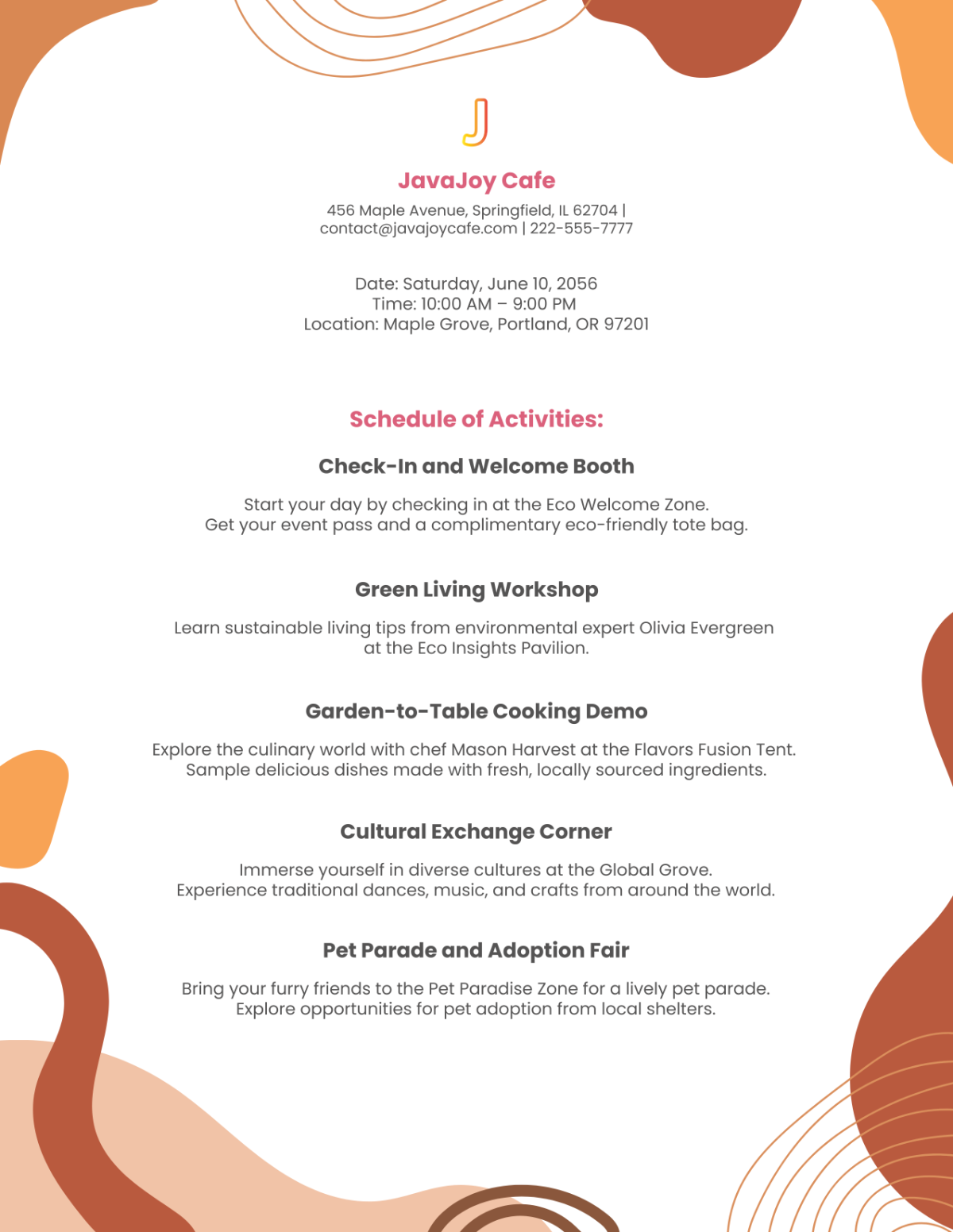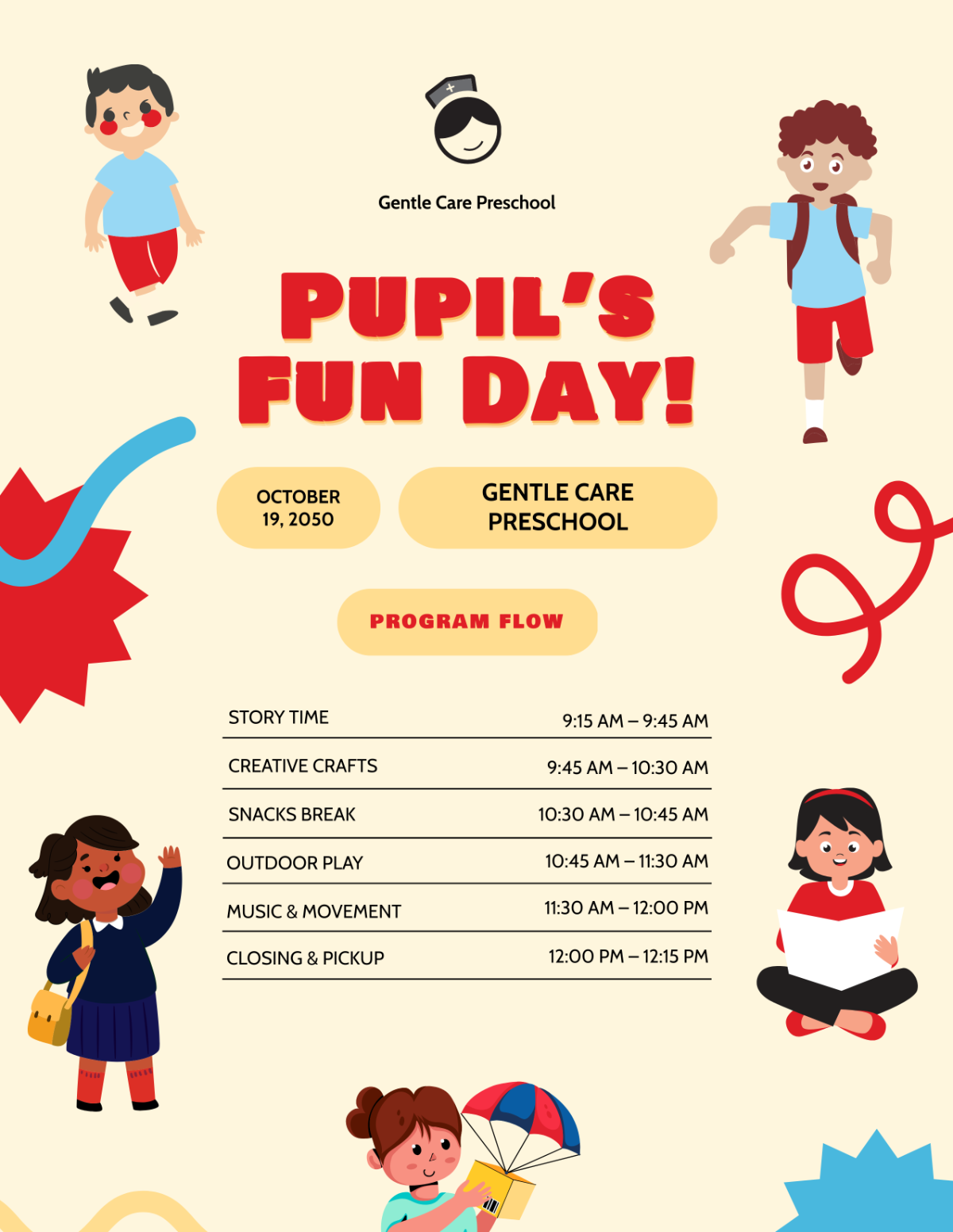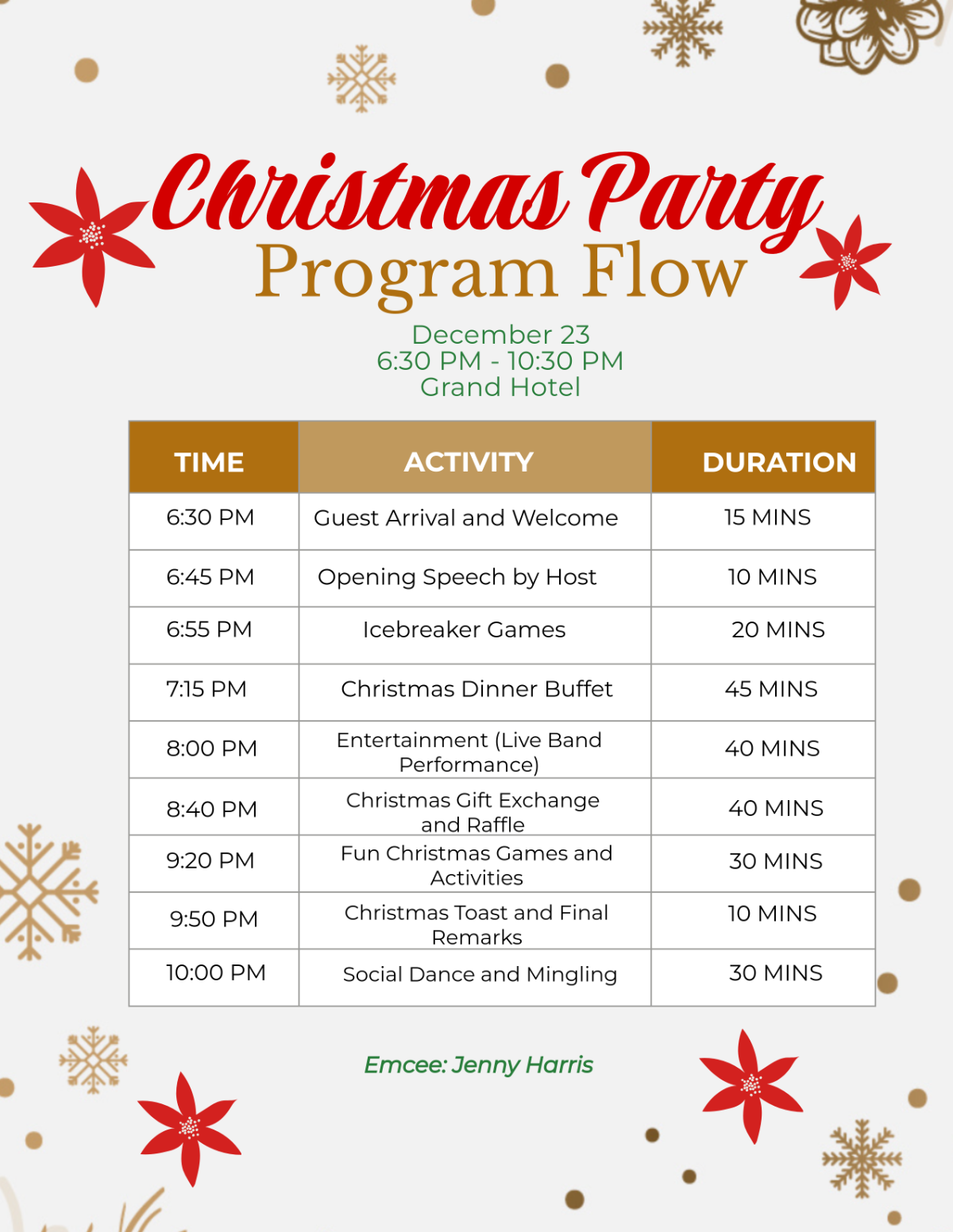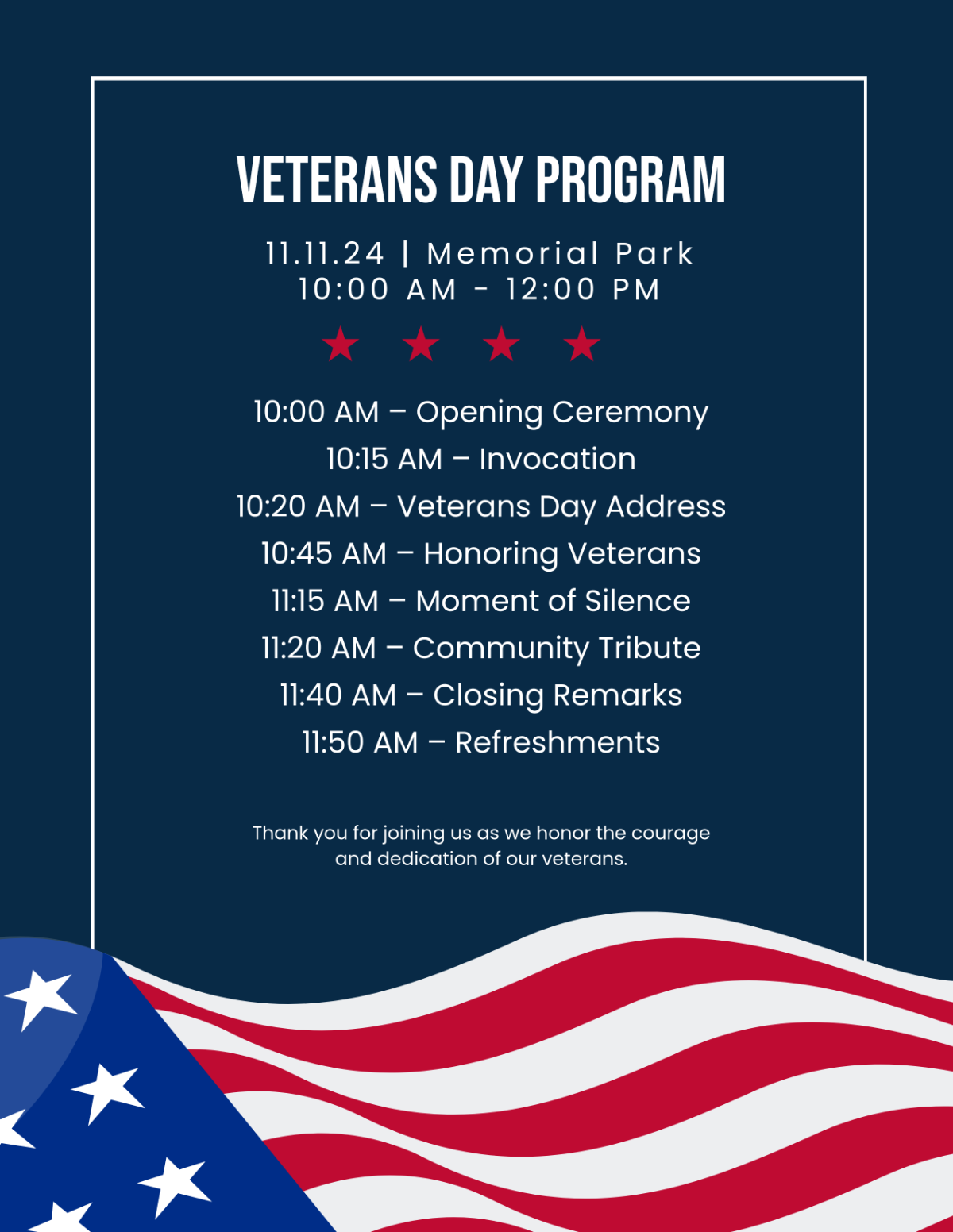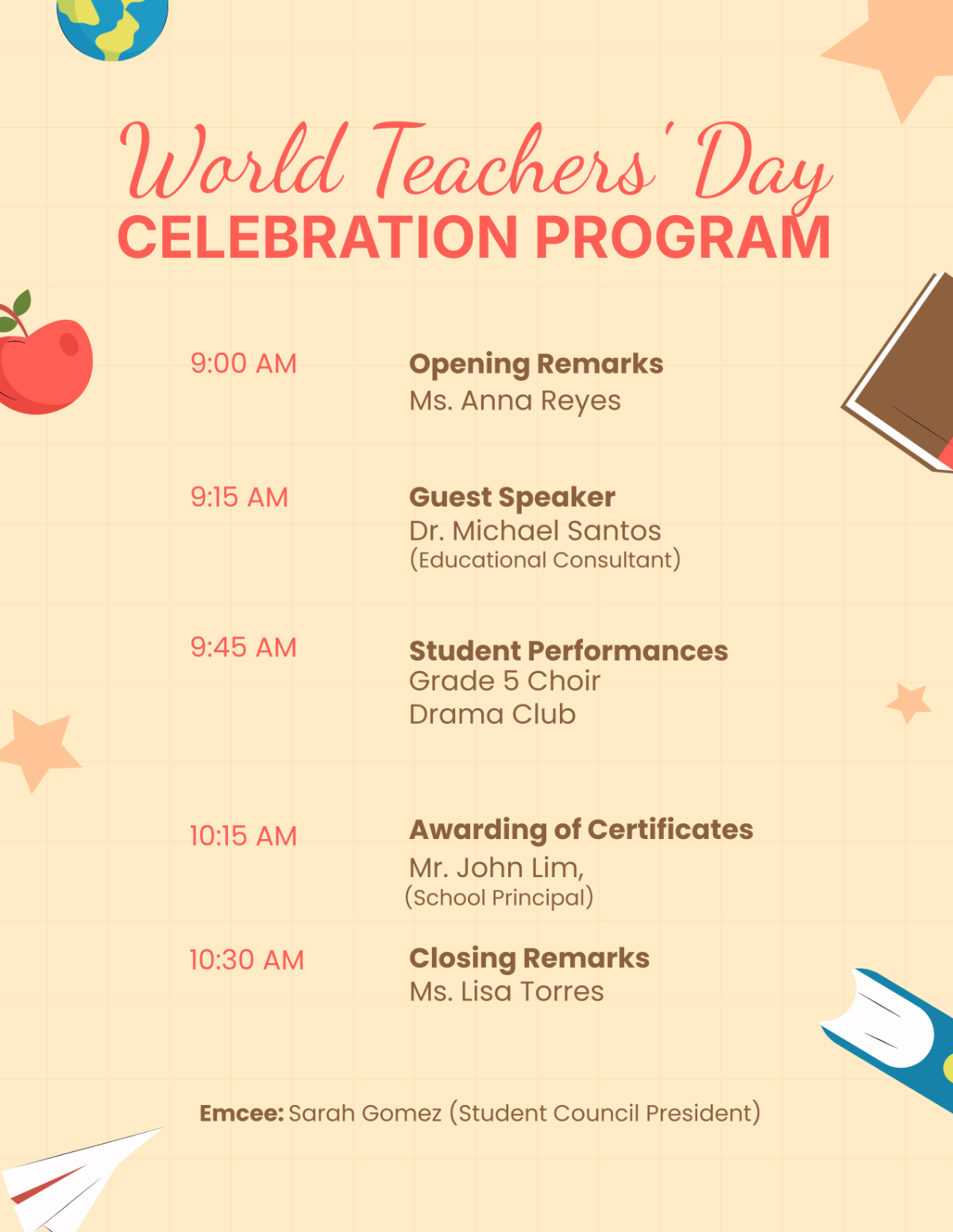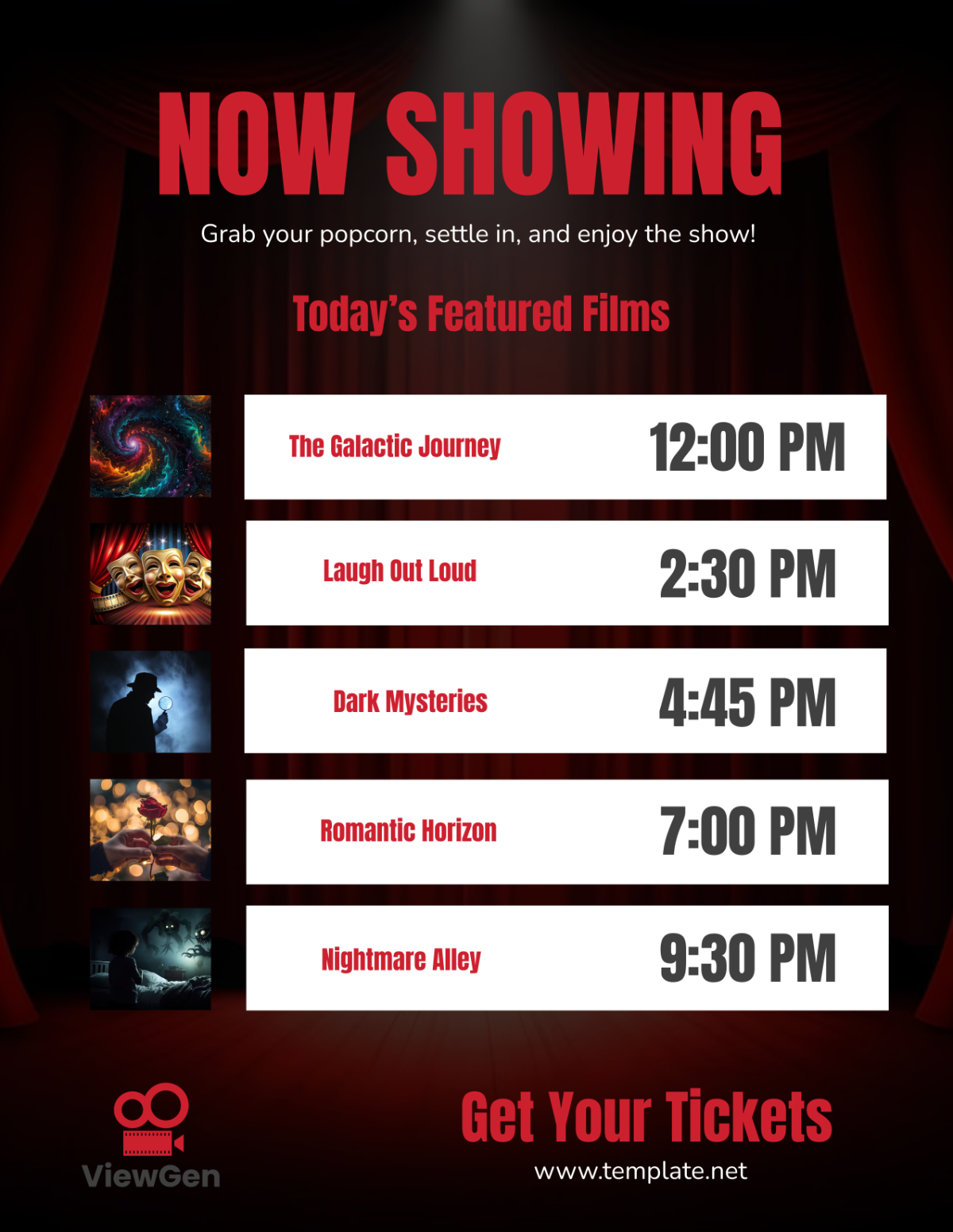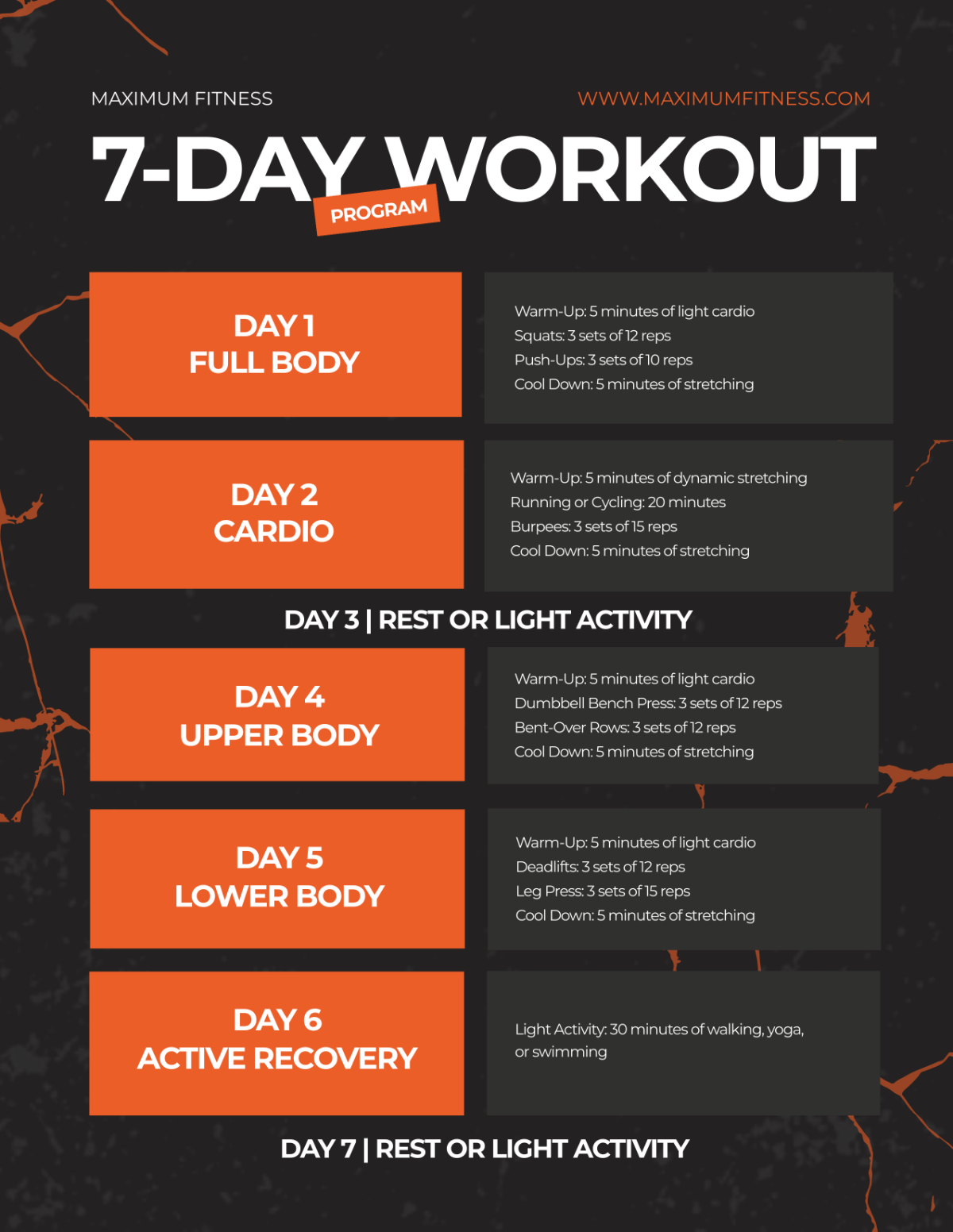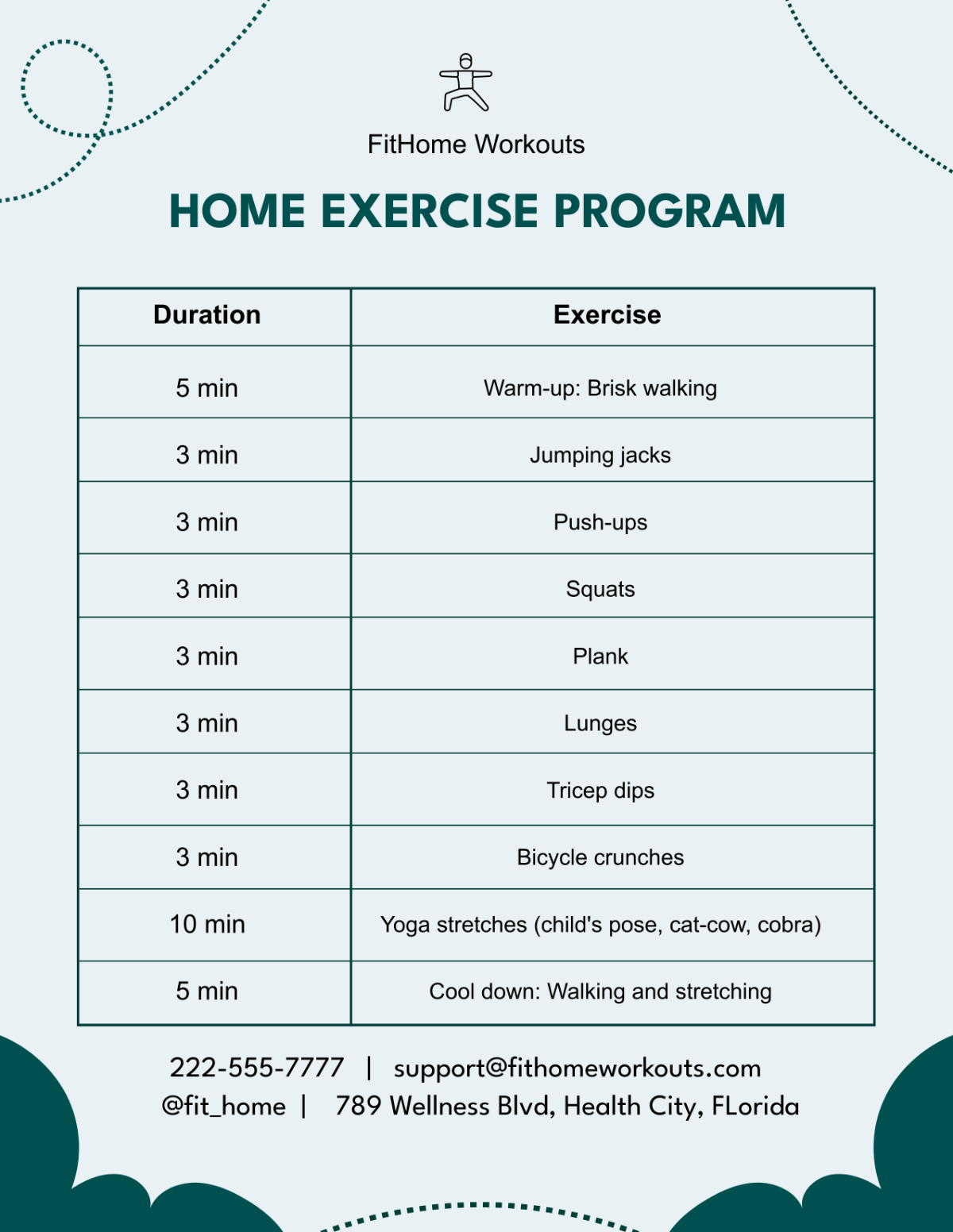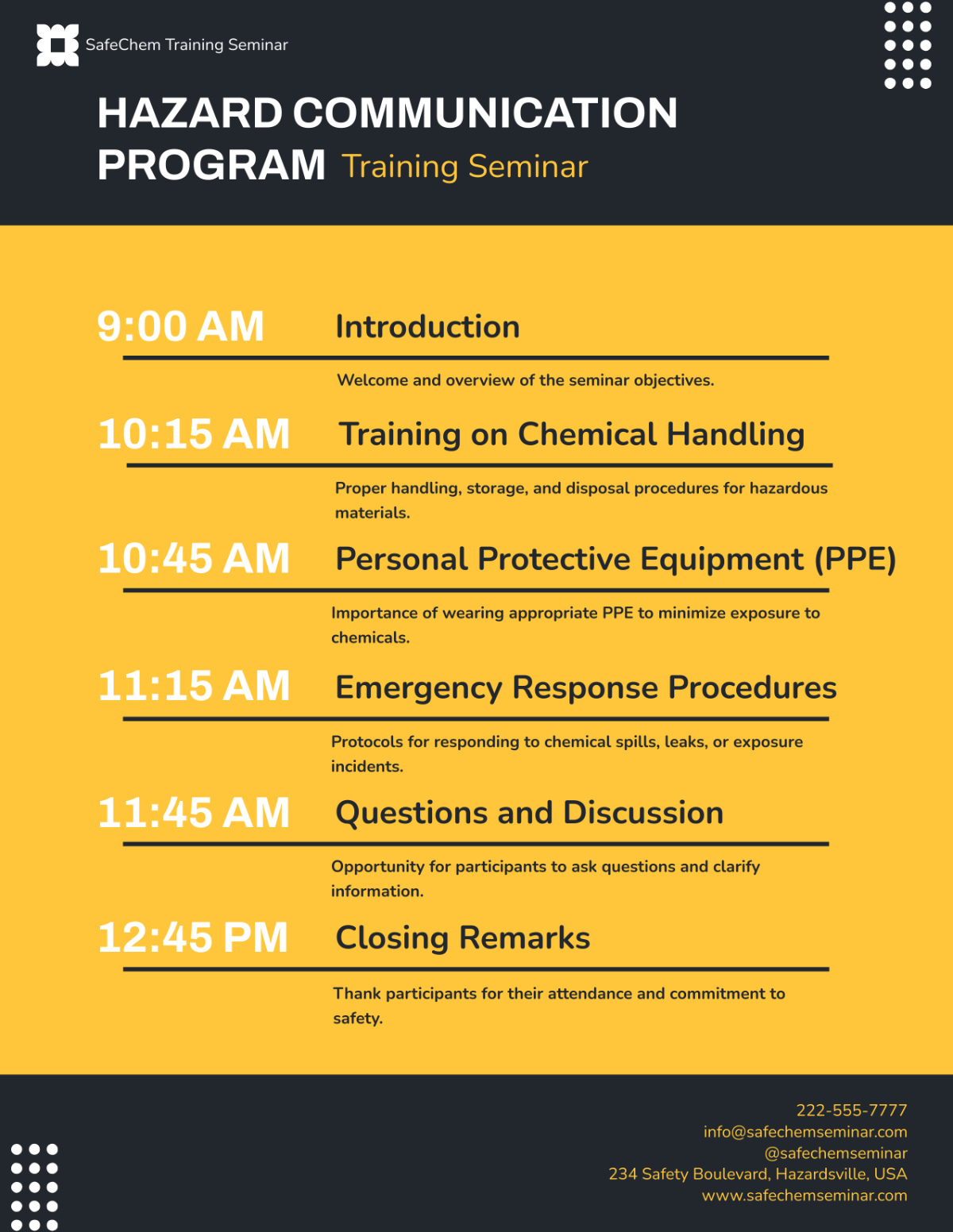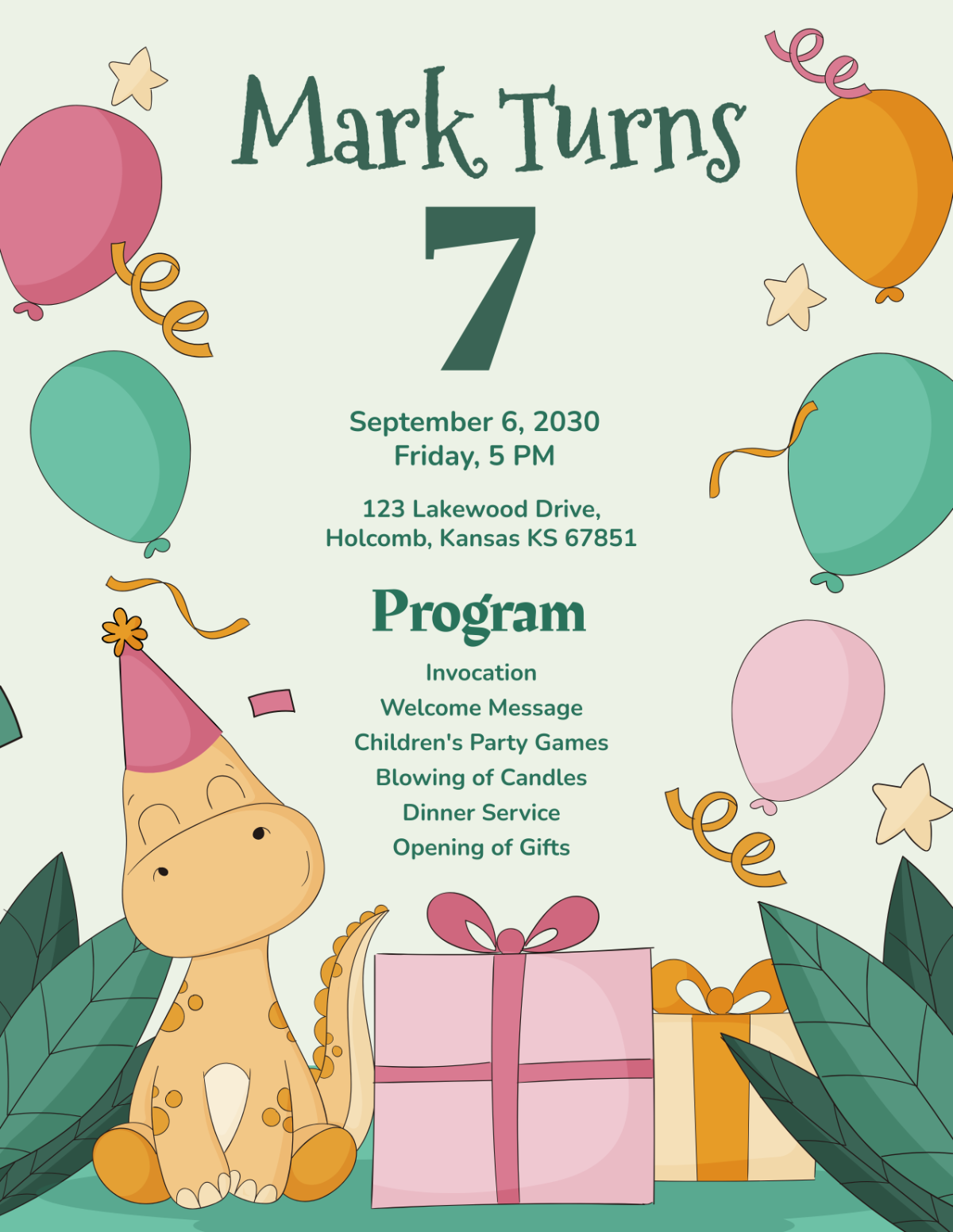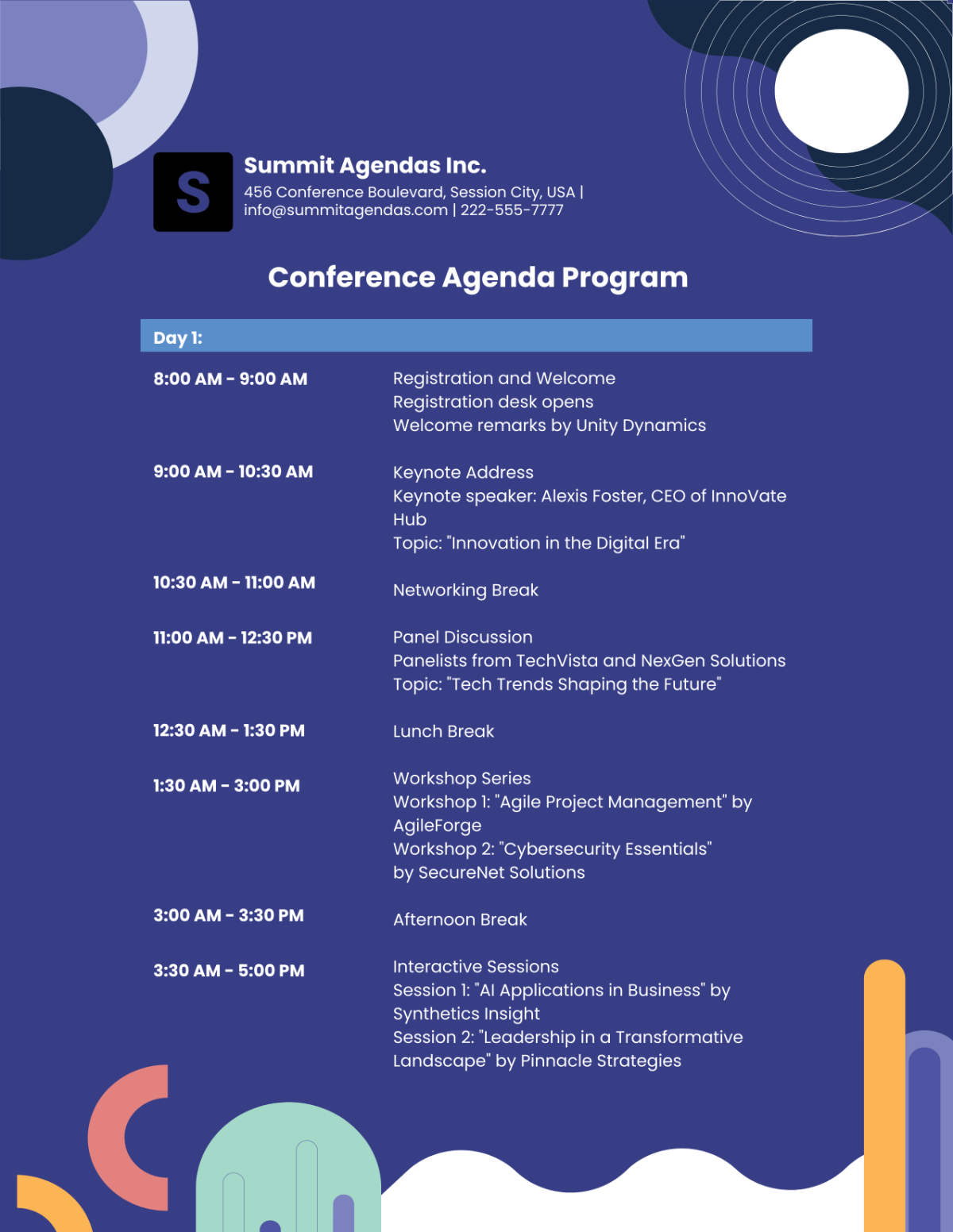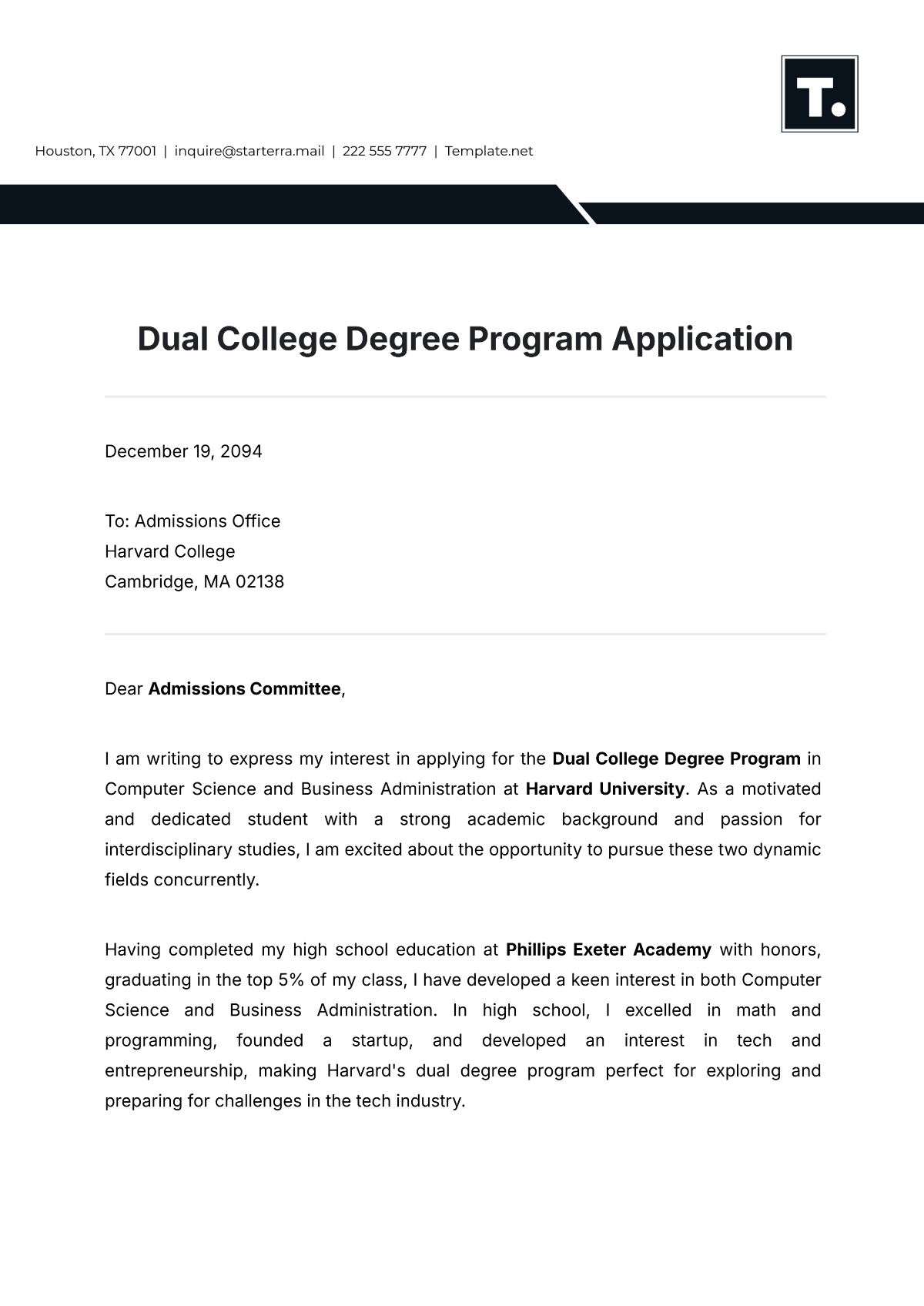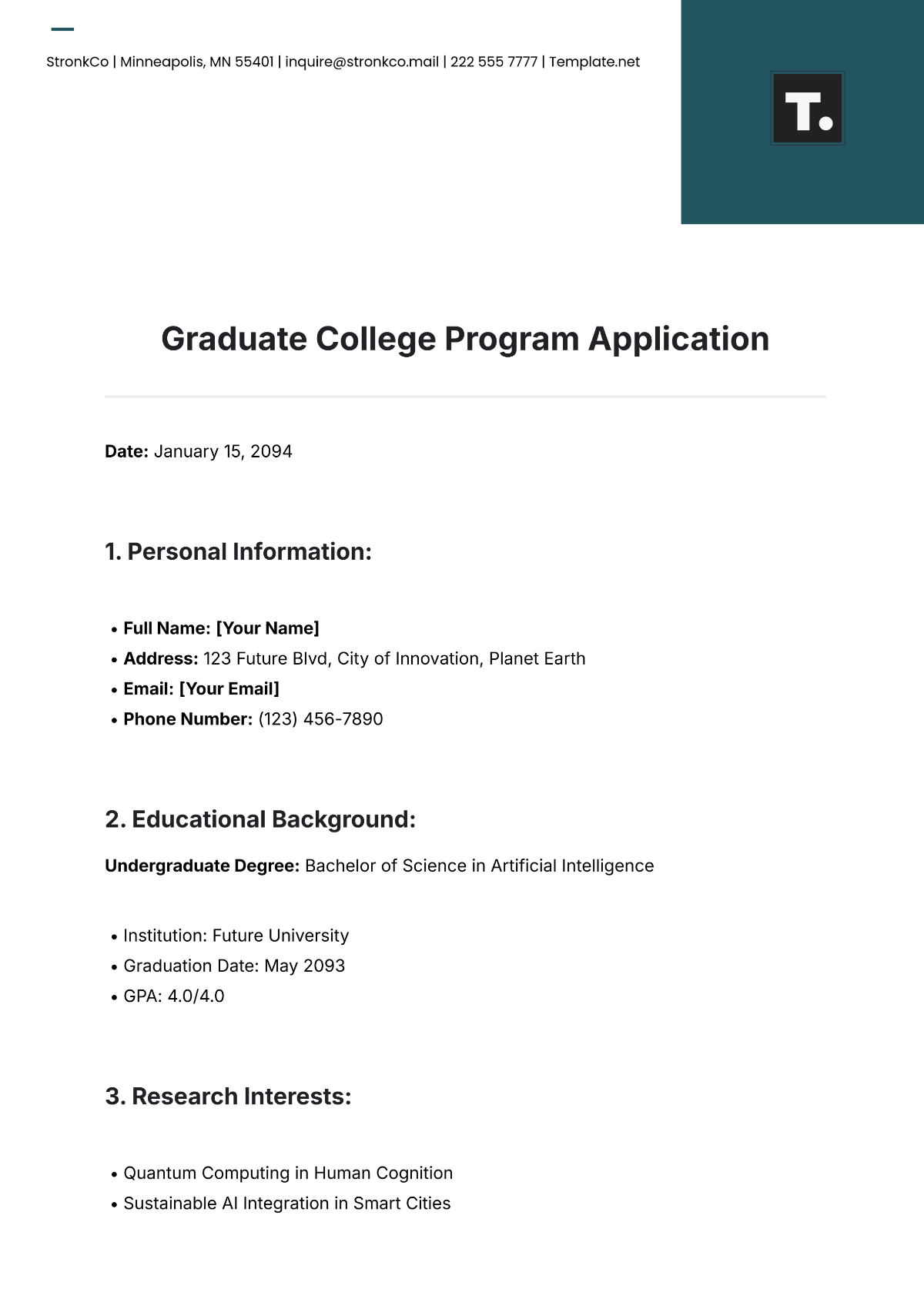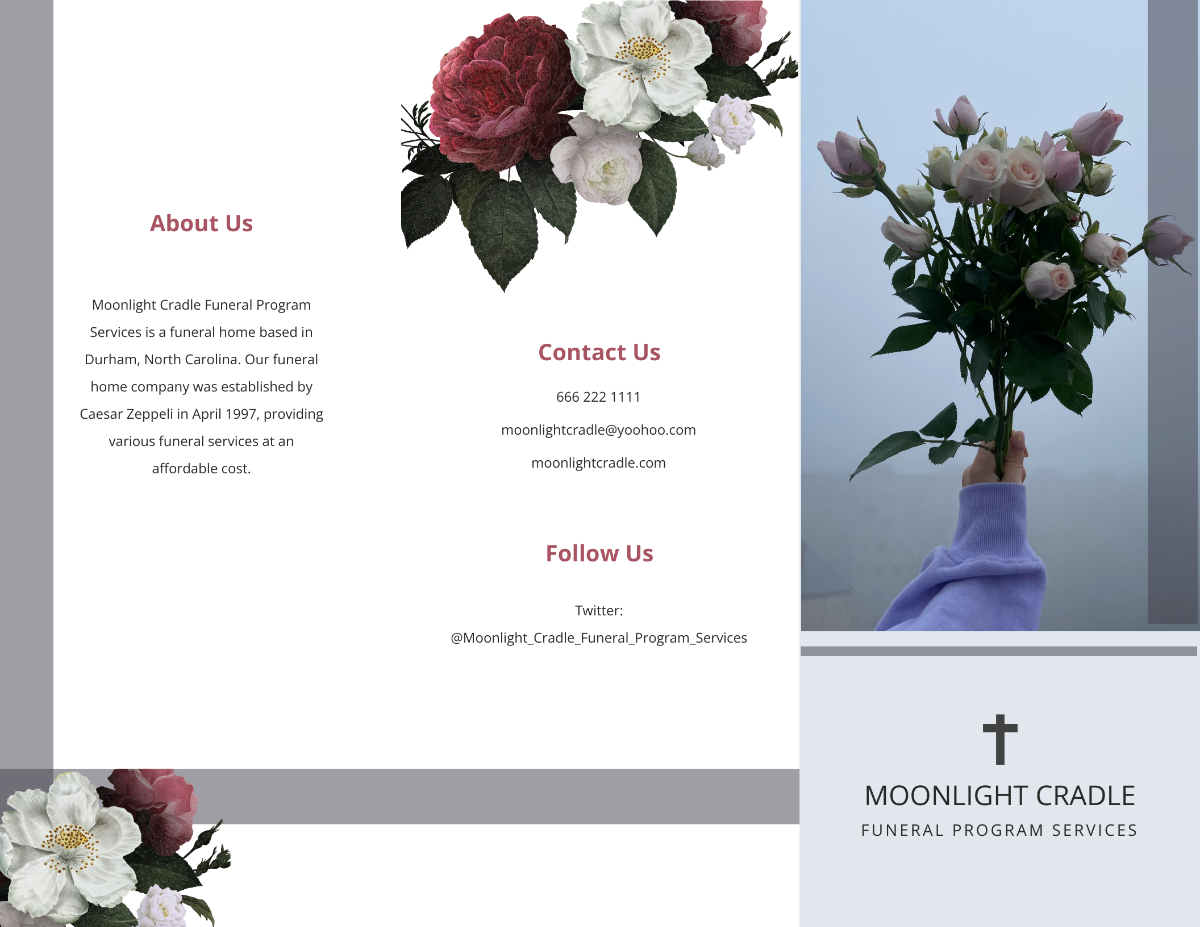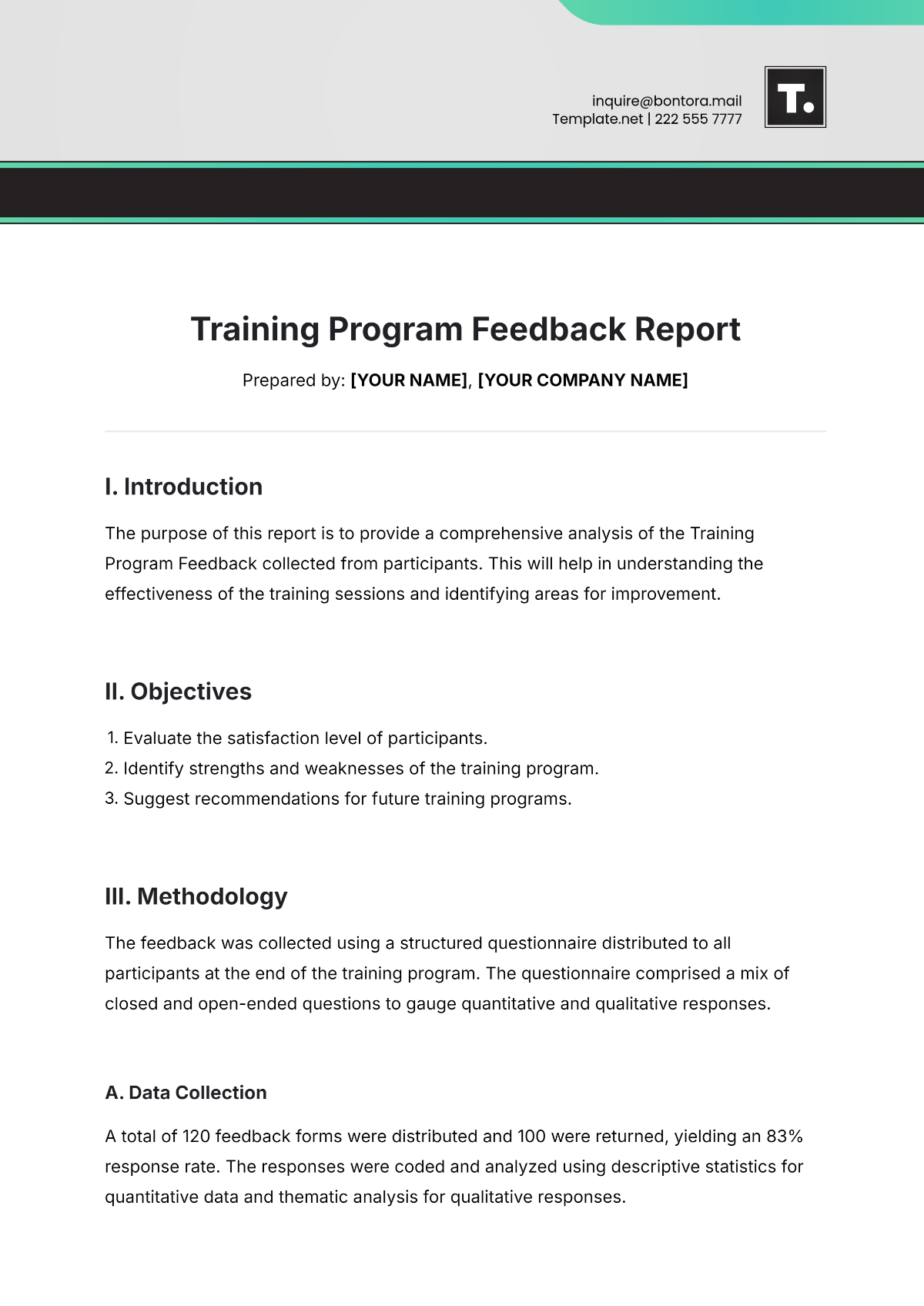Employee Rewards Program Feasibility Study
I. Introduction
In today's competitive business environment, attracting and retaining top talent is crucial for the success of any organization. Employee rewards programs are an effective way to motivate and engage employees, ultimately leading to improved job satisfaction and productivity. This feasibility study explores the potential implementation of an Employee Rewards Program (ERP) at [Your Company Name]
II. Objectives
The primary objectives of this feasibility study are as follows:
Assess the need for an Employee Rewards Program at [Your Company Name].
Evaluate the potential benefits and costs associated with the program.
Determine the feasibility and practicality of implementing the ERP.
Develop a preliminary plan for the implementation of the ERP.
III. Methodology
To ensure the comprehensiveness and accuracy of this feasibility study, we will adopt a systematic and multifaceted approach. This methodology comprises several key components designed to provide a holistic understanding of the Employee Rewards Program's feasibility at [Your Company Name].
A. Data Collection
Employee Surveys: We will administer detailed surveys to employees at all levels and across various departments. These surveys will encompass questions related to job satisfaction, motivation, expectations from a rewards program, and overall feedback on the company's work environment.
Historical Data Analysis: We will scrutinize historical data on employee turnover rates, identifying trends, patterns, and factors contributing to employee departures. This analysis will help us quantify the potential cost savings of reducing turnover through an ERP.
Competitive Benchmarking: A thorough examination of our industry peers and competitors will provide insights into the types of rewards programs they offer. This benchmarking will help us understand the market standards and determine whether implementing an ERP is a competitive necessity.
B. Stakeholder Consultation
Employee Focus Groups: We will conduct focus group discussions with a cross-section of employees to delve deeper into their preferences, expectations, and concerns regarding an ERP. These discussions will allow us to gather qualitative insights and recommendations.
Management Interviews: Consultation with senior management will be instrumental in aligning the program with the company's strategic goals. We will seek their input on the desired outcomes of the ERP and its potential impact on organizational performance.
C. Feasibility Assessment
Upon the completion of data collection and stakeholder consultation, we will perform a comprehensive analysis to assess the feasibility of implementing the program. This assessment will encompass the following aspects:
ASPECT | DETAILS |
Need Validation | We will evaluate the data collected to ascertain the genuine need for an ERP based on employee engagement levels, historical turnover rates, and industry standards. |
D. Implementation Plan
Finally, based on the findings and conclusions drawn from the feasibility assessment, we will develop a comprehensive implementation plan. This plan will outline the specific steps, timelines, and responsibilities required to successfully launch and sustain the Employee Rewards Program. It will also emphasize the importance of continuous monitoring, evaluation, and adaptability to ensure the program's ongoing effectiveness.
IV. Need Assessment
A. Employee Engagement
A survey will be conducted to gauge current employee engagement levels. This will involve questions related to job satisfaction, motivation, and their perception of the company's commitment to employee well-being.
B. Employee Retention
We will analyze historical data on employee turnover rates to understand if there is a need to improve employee retention through a rewards program.
C. Competitive Analysis
A competitive analysis will be conducted to understand what types of employee rewards programs other companies in our industry are offering. This will help determine if implementing such a program is essential to remain competitive.
V. Potential Benefits
A. Increased Employee Motivation
A well-designed rewards program can boost employee motivation, leading to improved job performance and productivity.
B. Enhanced Employee Loyalty
Rewards programs can foster a sense of belonging and loyalty among employees, reducing turnover rates.
C. Talent Attraction
A robust rewards program can make our company more attractive to top talent in the industry.
VI. Potential Costs
A. Program Setup Costs
Initial costs will include the development of the rewards program, technology infrastructure, and administrative resources.
B. Ongoing Costs
These will include the costs of maintaining the program, including rewards, administration, and technology support.
C. Feasibility Assessment
Based on the data and analysis, it is clear that there is a compelling need for an Employee Rewards Program where our company’s employee engagement levels could be improved, and the potential benefits of such a program are substantial.
VII. Implementation Plan
A. Program Design
The HR team will collaborate closely with a seasoned rewards program consultant, drawing from their expertise and industry insights to meticulously craft a personalized rewards program. This program will be thoughtfully designed to resonate with our company's unique culture and values, ensuring that it becomes an integral part of our employees' experience at [Your Company Name] By customizing the program to align with our corporate identity, we aim to create a sense of ownership and inclusivity among our workforce, thereby enhancing their engagement and commitment.
B. Communication
Effective communication is the cornerstone of our program's success. Recognizing its paramount importance, we will develop a comprehensive communication plan that will not only disseminate essential information but also actively engage employees in the process. Our communication strategy will employ a multi-faceted approach, including informative webinars, interactive workshops, and engaging content that will vividly illustrate the tangible benefits of participating in the Employee Rewards Program. By fostering a transparent and inclusive dialogue, we will ensure that every employee feels well-informed and encouraged to embrace the program wholeheartedly.
C. Technology Infrastructure
Seamless Access and User-Friendly Experience: to provide employees with a seamless experience, we will embark on the development of a cutting-edge online platform dedicated to supporting the Employee Rewards Program. This platform will be intuitively designed, ensuring ease of navigation and accessibility for all employees. It will serve as a central hub where employees can effortlessly track their rewards, view their progress, and access a myriad of program-related resources. By harnessing the power of technology, we aim to make participation in the program a user-friendly and engaging journey for all.
D. Budget Allocation
Recognizing the value of the program, a strategic budget will be meticulously allocated to facilitate its successful implementation and ongoing maintenance. Regular budget reviews will be conducted to ensure cost-effectiveness and that resources are allocated to the areas that will yield the greatest impact. This approach will not only maximize the program's benefits but also demonstrate our commitment to investing in our employees' well-being and professional growth.
E. Evaluation and Feedback
Our commitment to continuous improvement will be exemplified through the establishment of regular surveys and feedback mechanisms. These tools will allow us to comprehensively assess the program's impact on employee engagement, job satisfaction, and overall well-being. The insights garnered from these assessments will serve as a compass, guiding us in making necessary adjustments and enhancements to the Employee Rewards Program. By fostering an environment where feedback is valued and acted upon, we will ensure that our program remains a dynamic and responsive tool for promoting employee happiness and productivity.
VIII. Conclusion
In summary, the comprehensive feasibility study has unequivocally demonstrated that the implementation of an Employee Rewards Program (ERP) at [Your Company Name] is not only a compelling necessity but also a highly practical initiative. The potential benefits, encompassing a substantial boost in employee motivation, a marked improvement in employee retention rates, and a heightened appeal as an employer of choice, far surpass the foreseeable costs.
With meticulous planning and execution, the ERP is poised to be a pivotal factor in driving [Your Company Name] toward sustained success, fostering a thriving organizational culture, and solidifying its competitive edge in the industry. The diligent insights gathered through this feasibility study will lay the groundwork for the subsequent stages of planning and executing the ERP, ensuring its seamless integration and maximum impact on the company's long-term prosperity.

